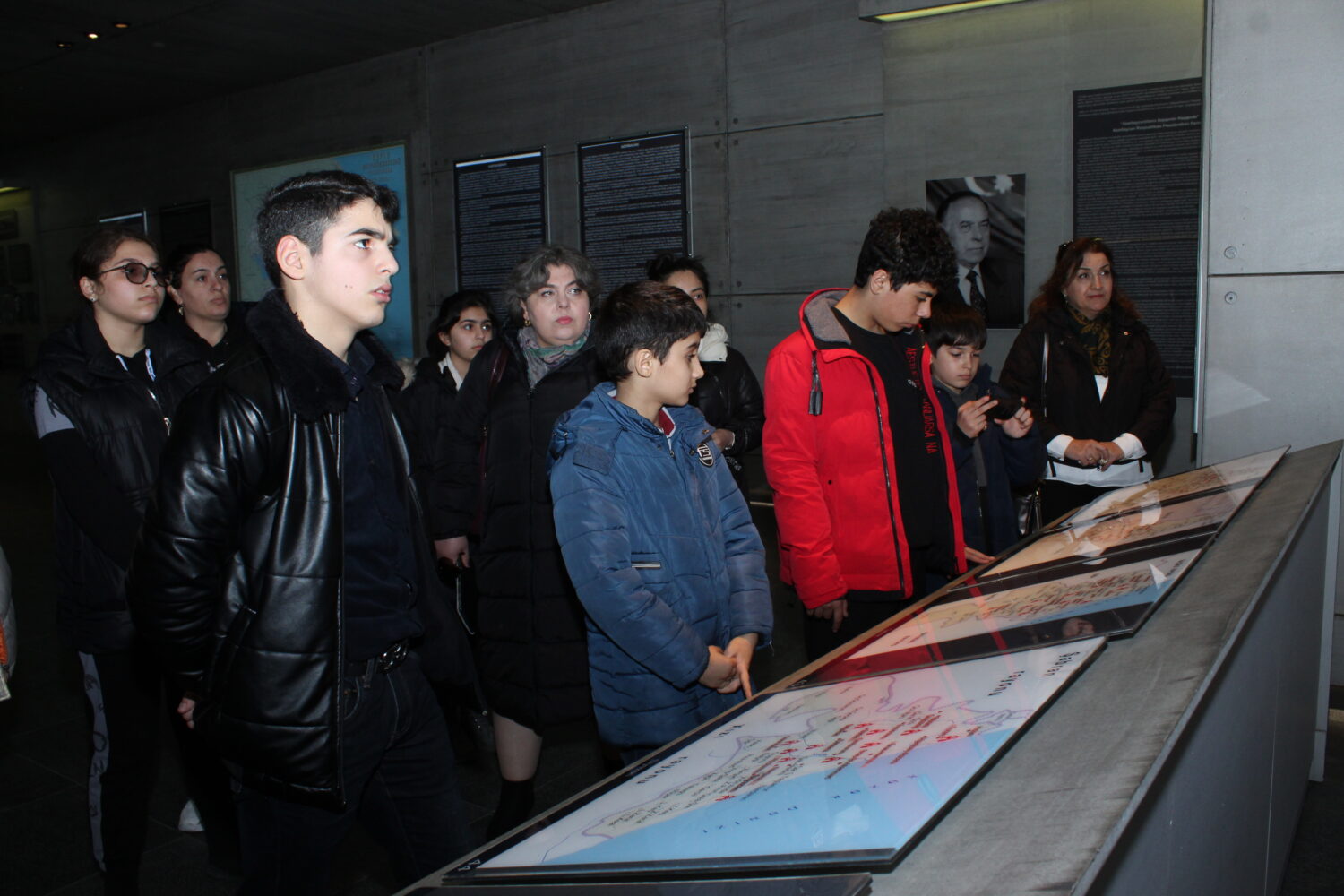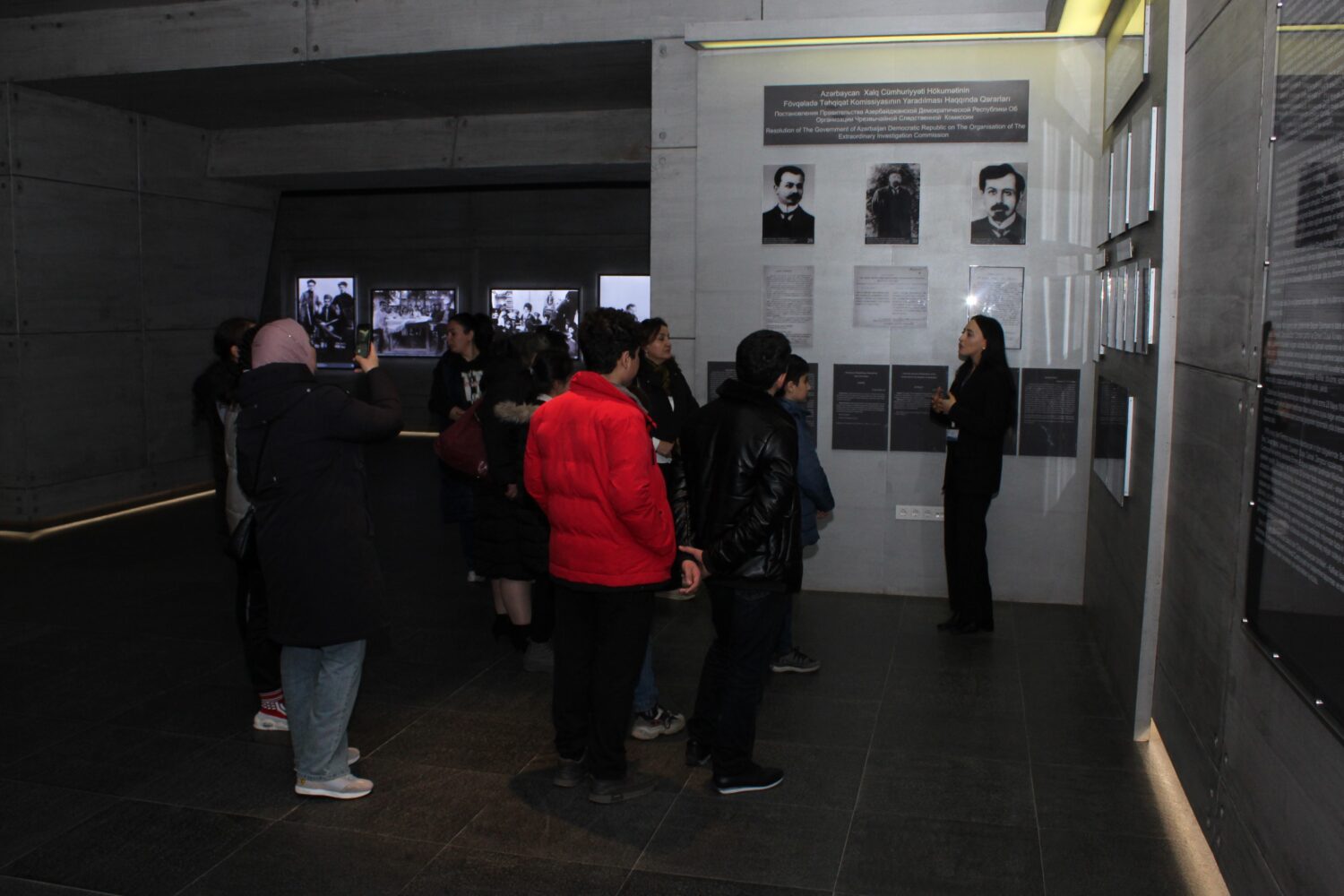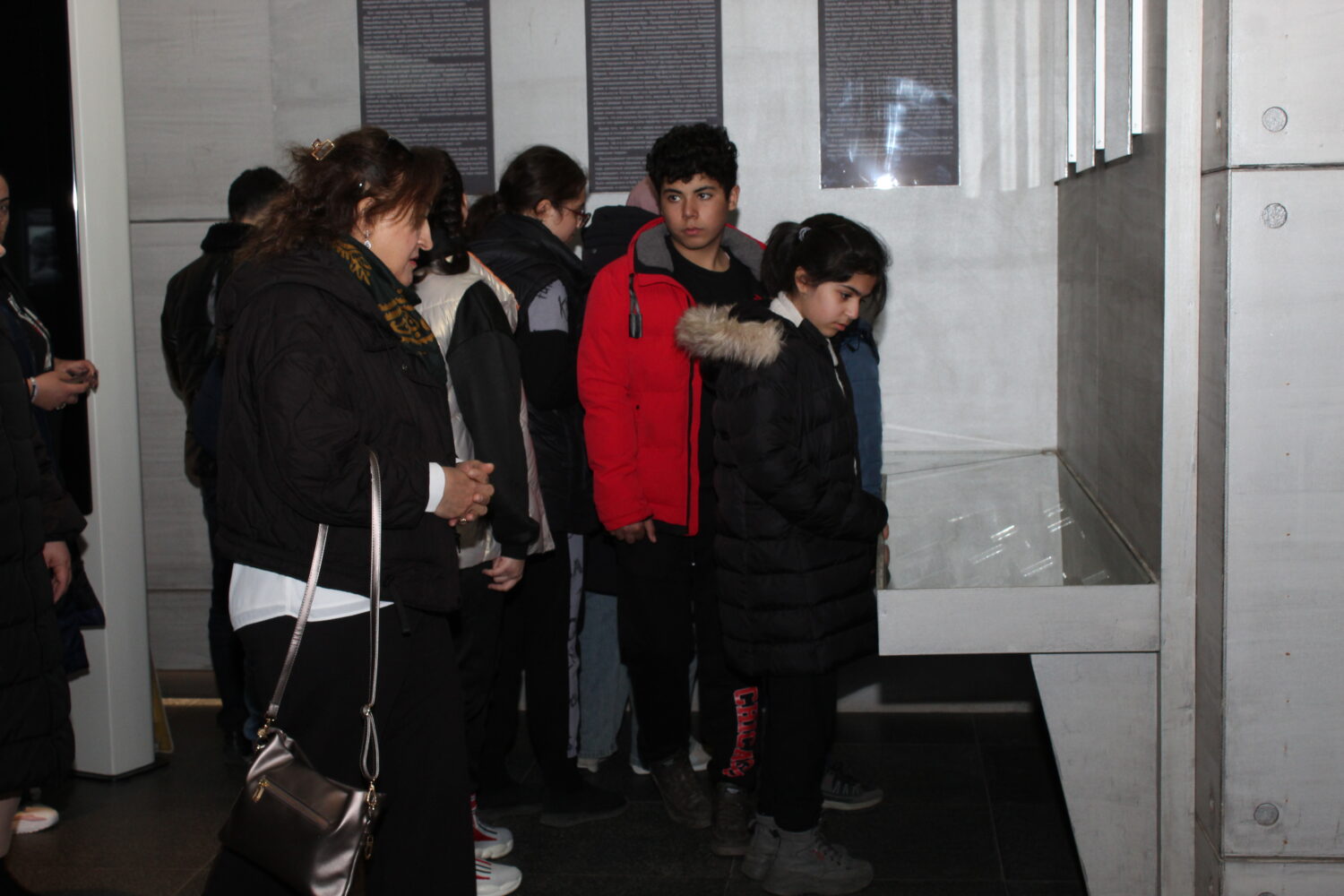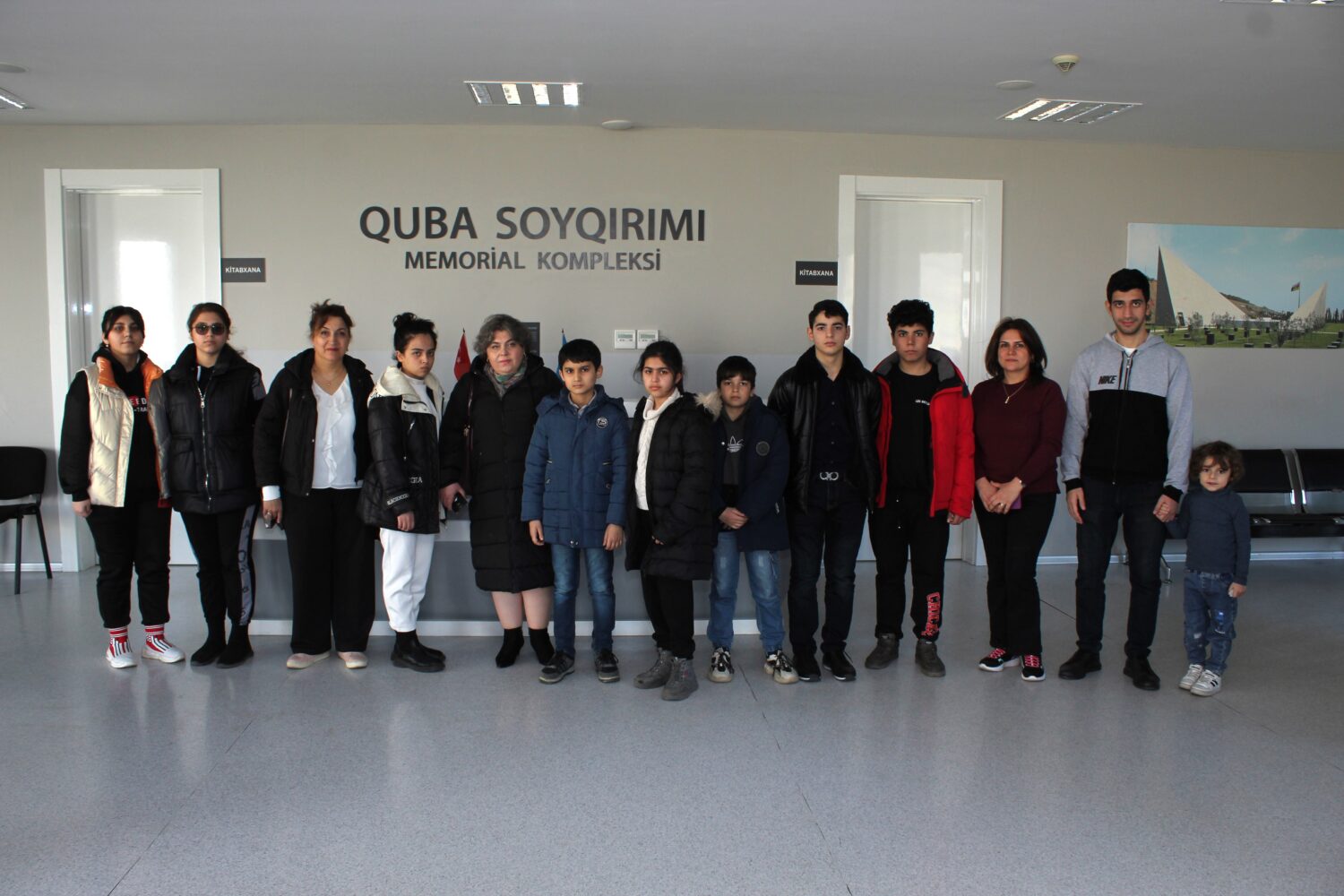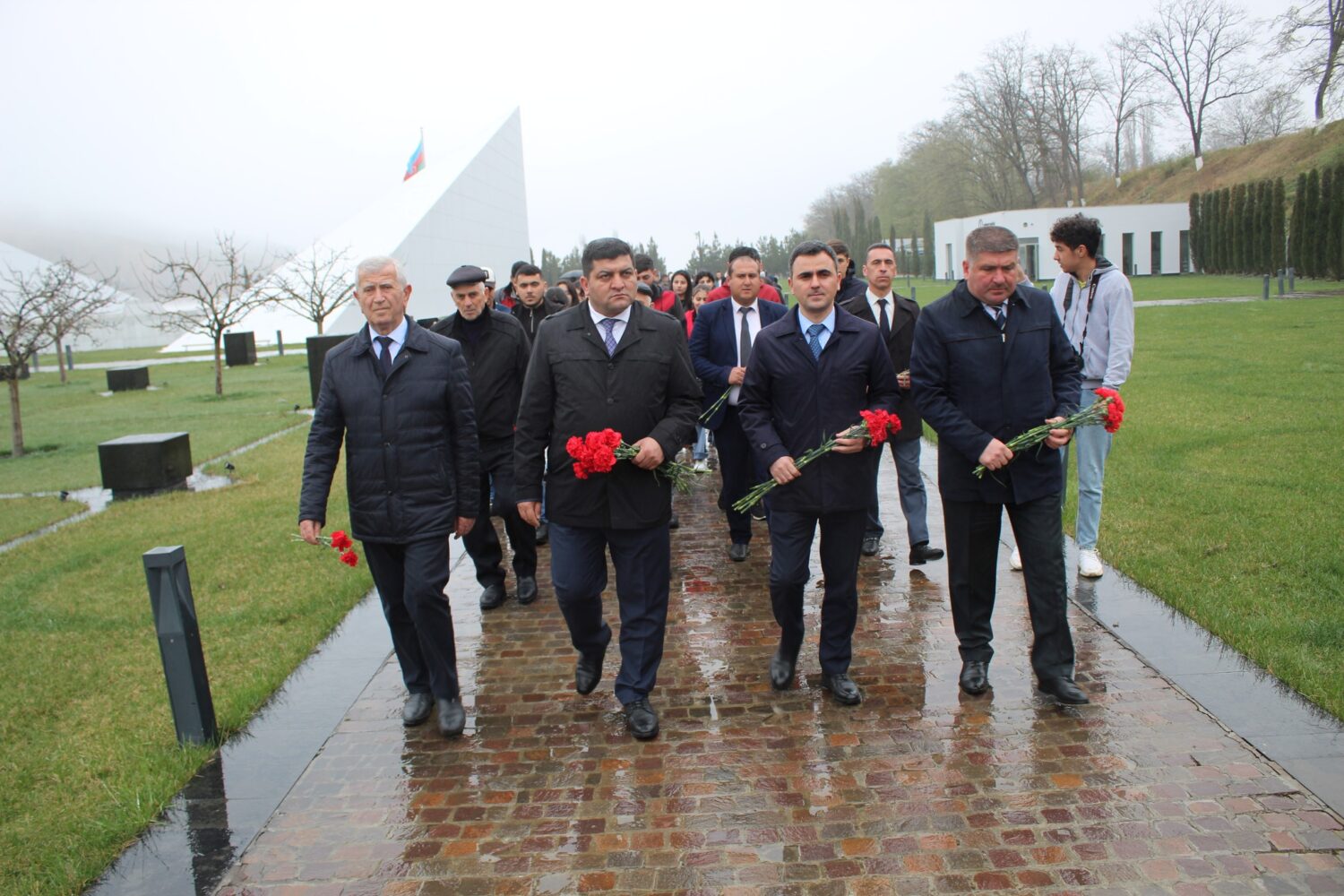
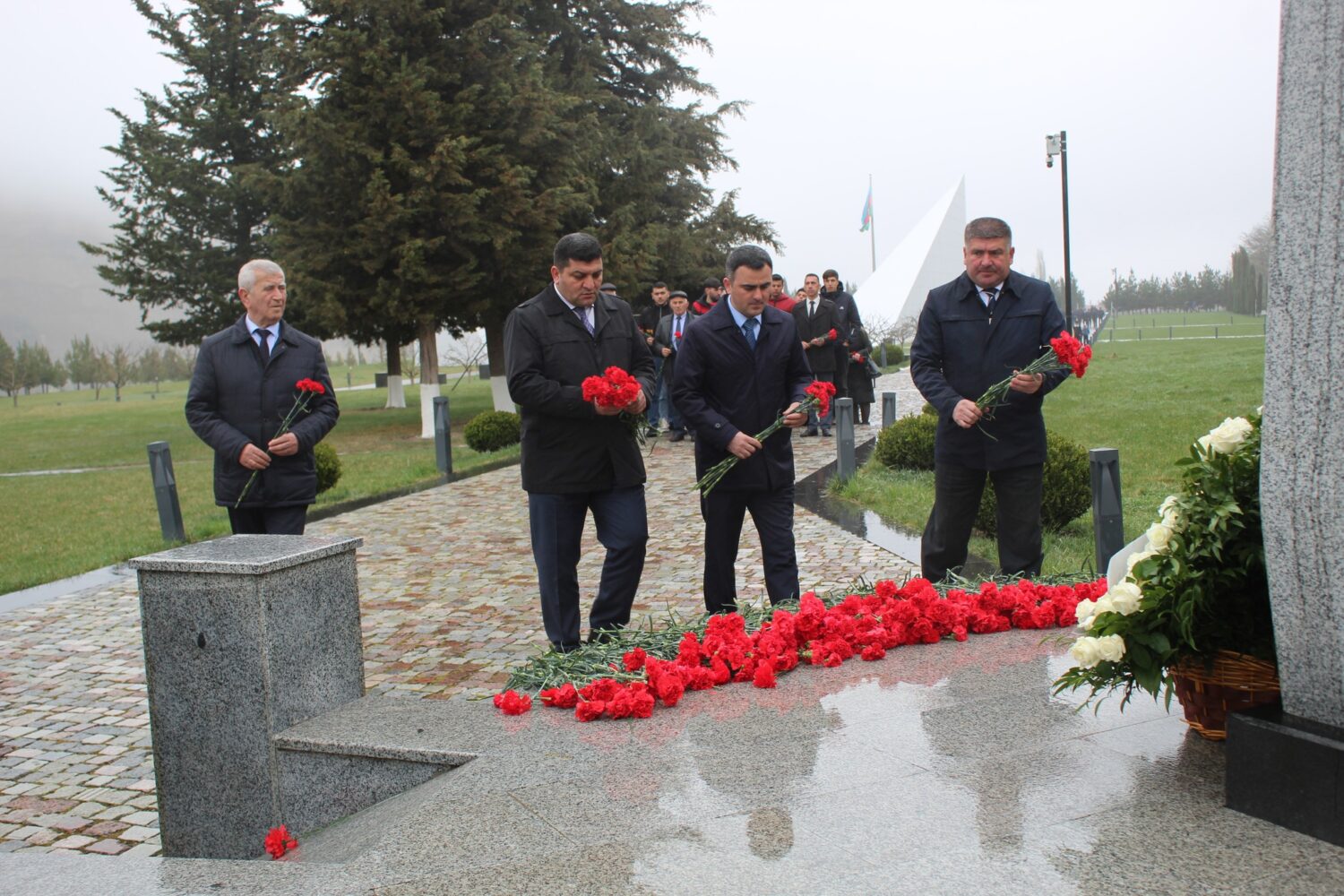
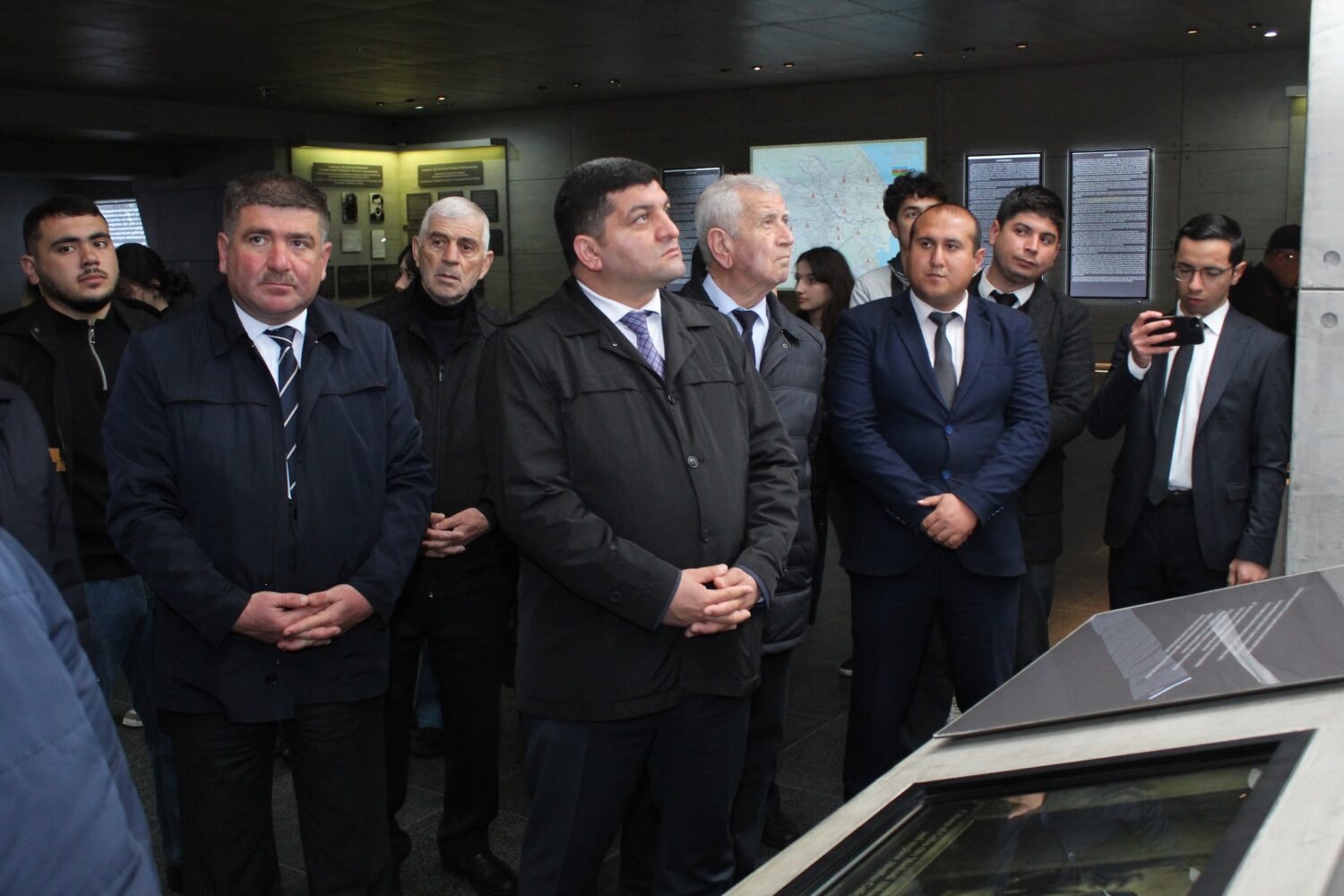

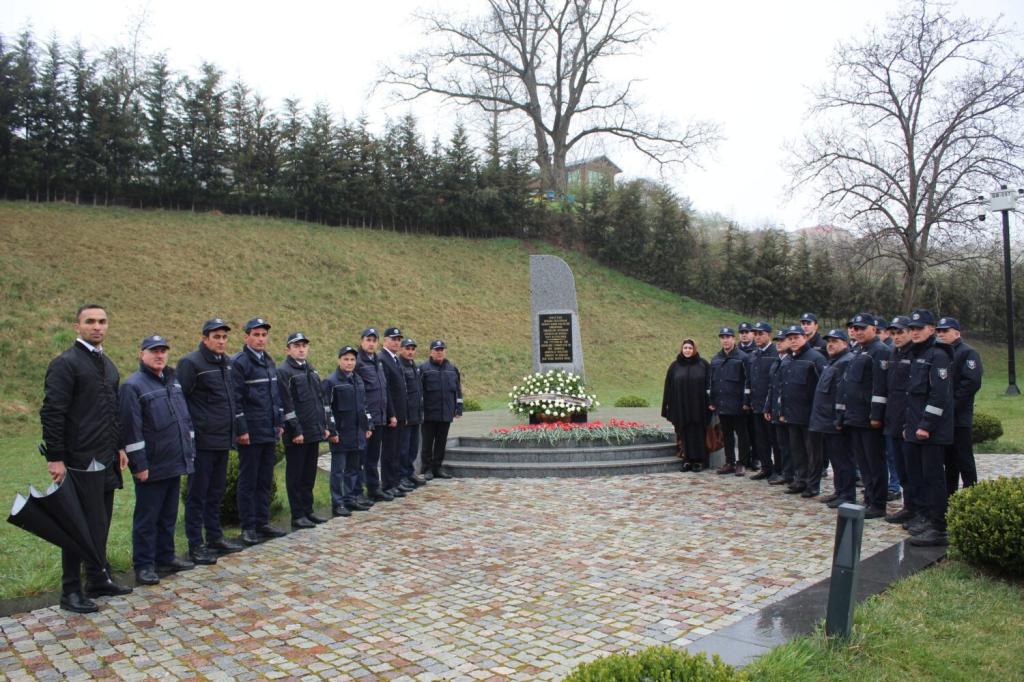
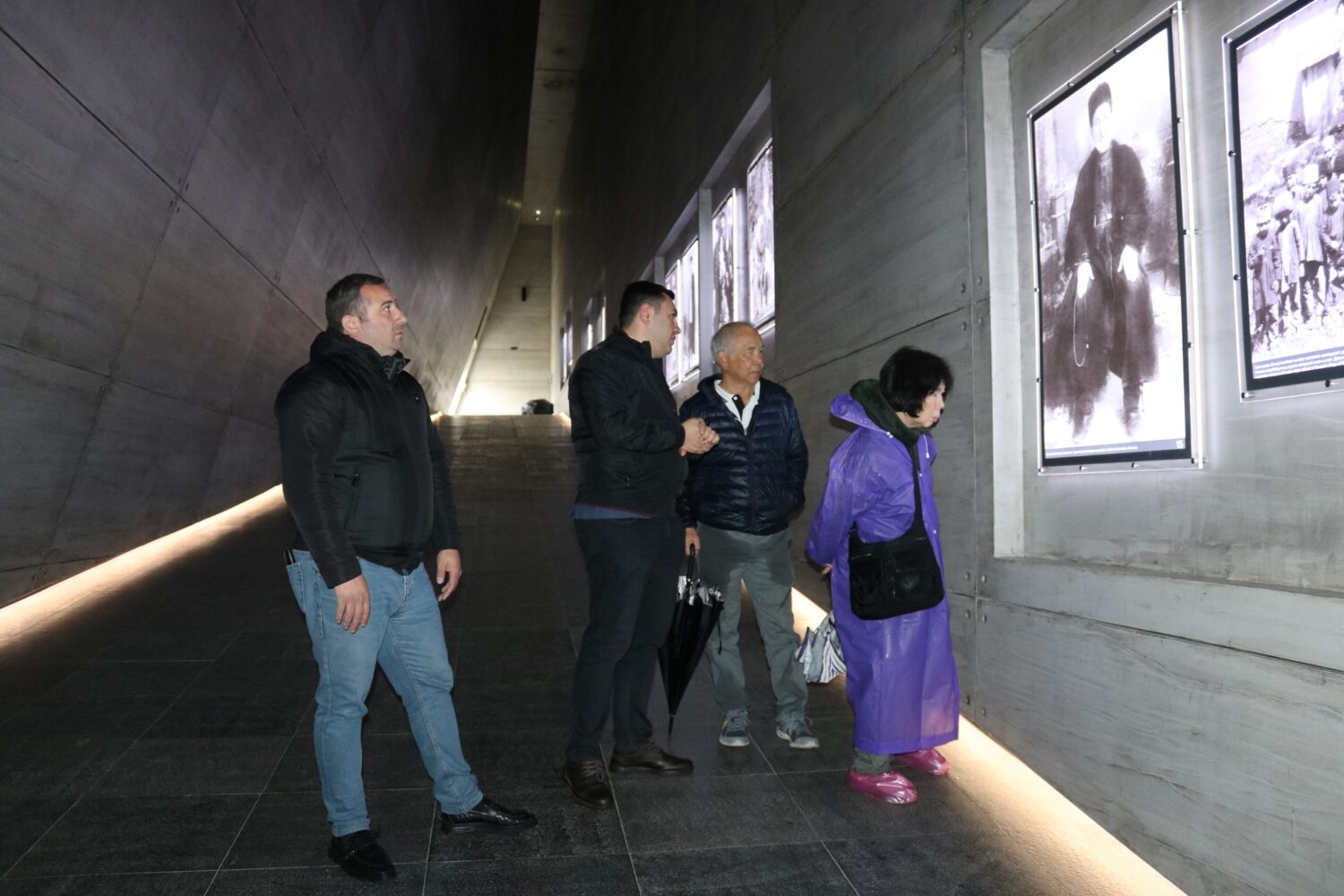
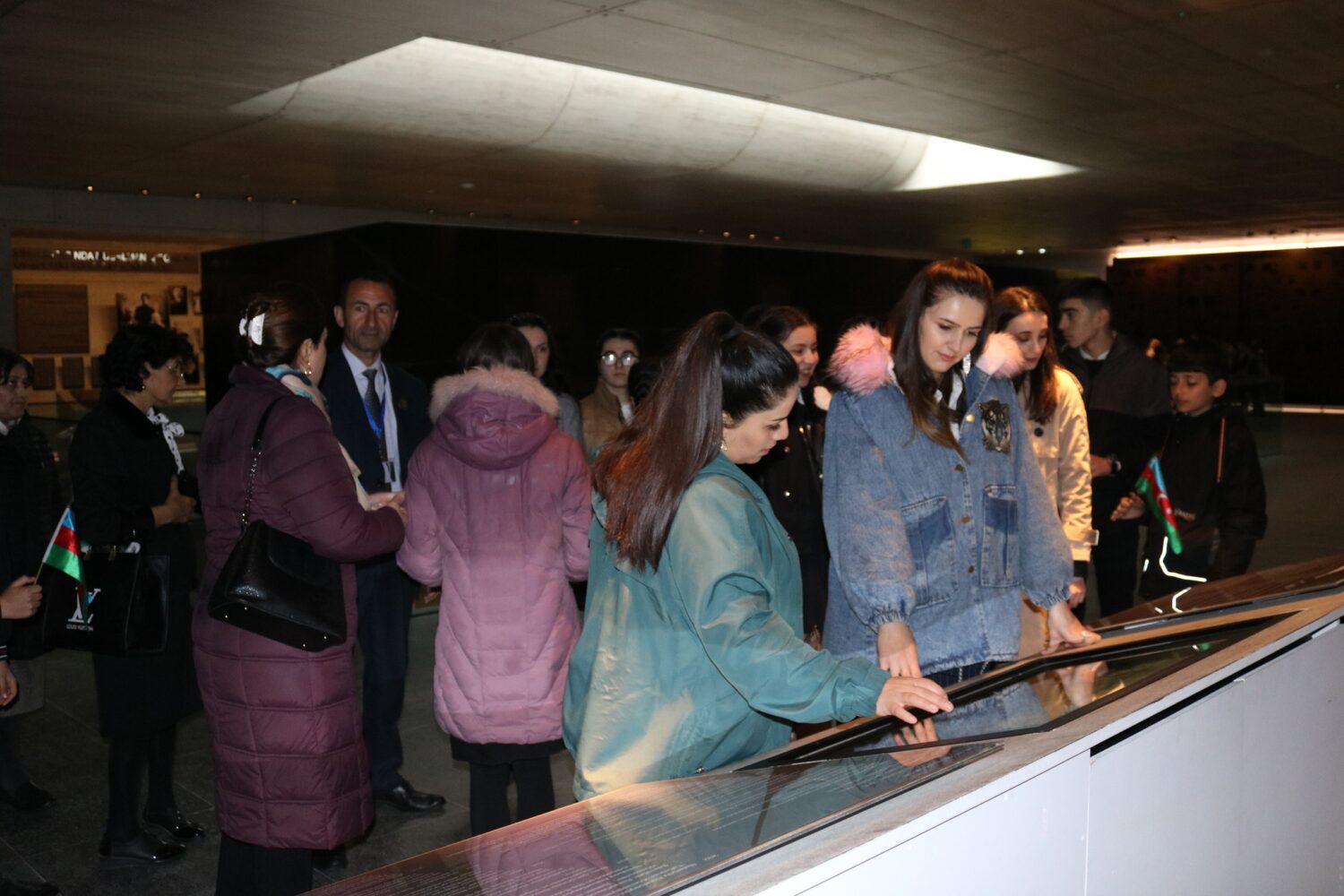
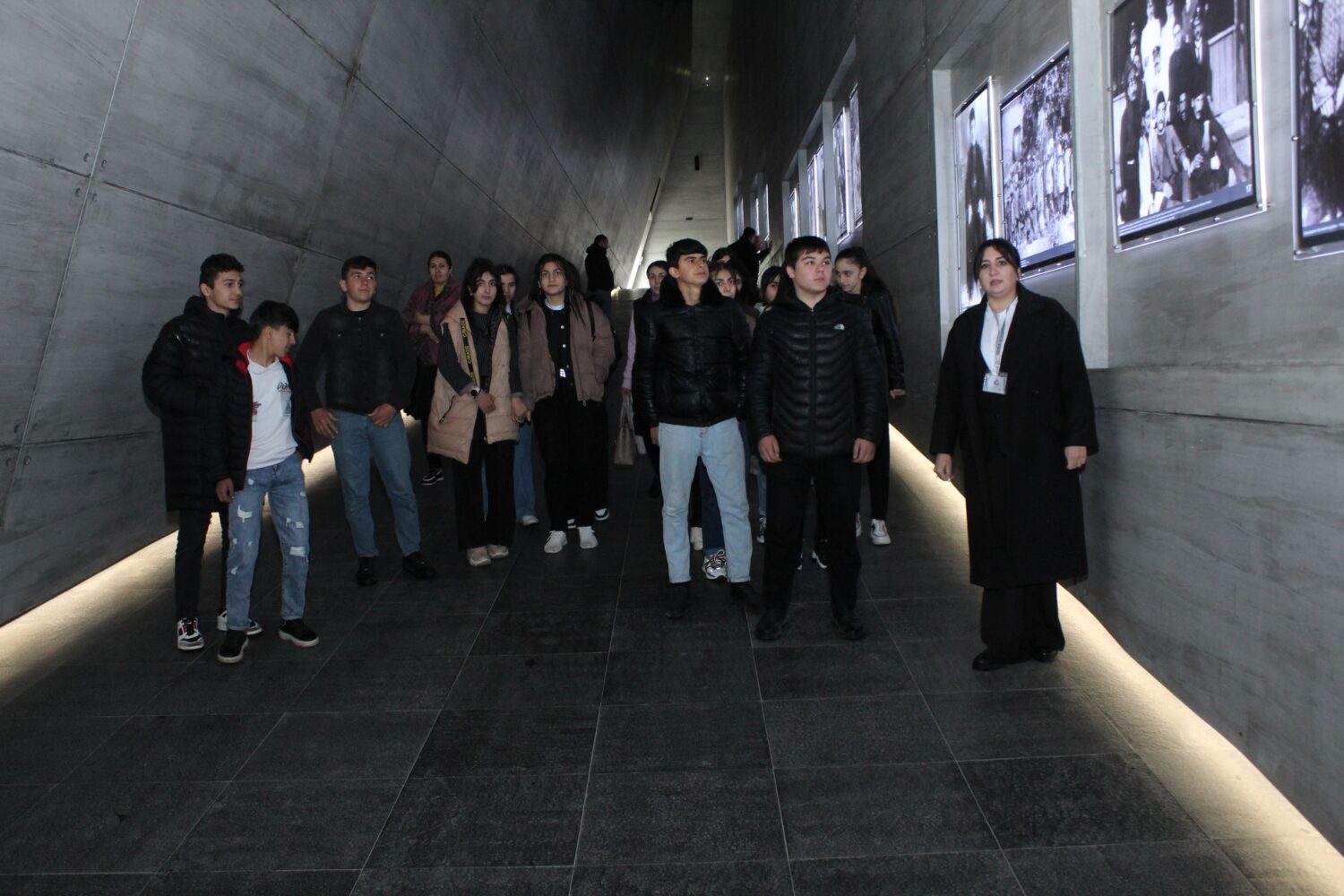








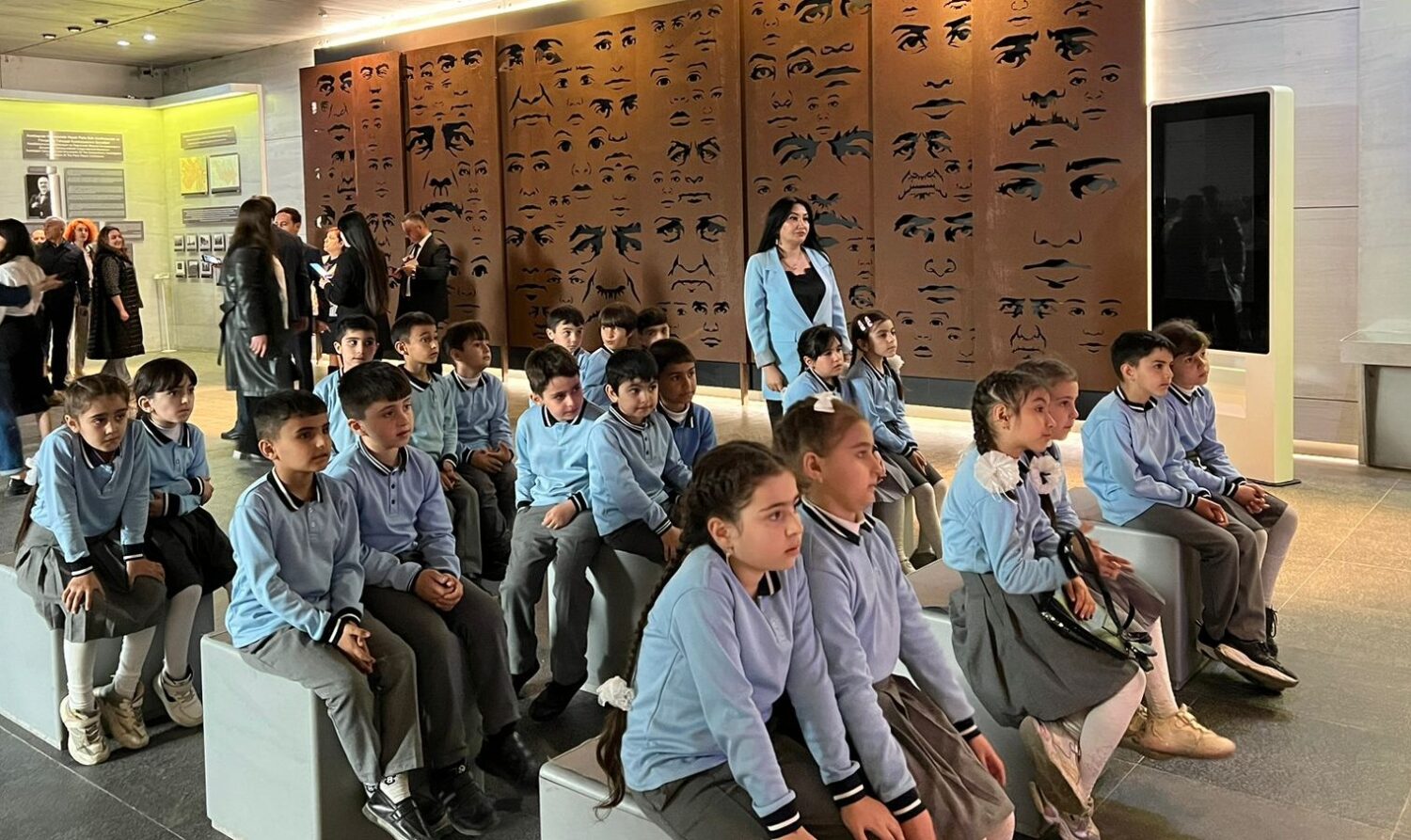
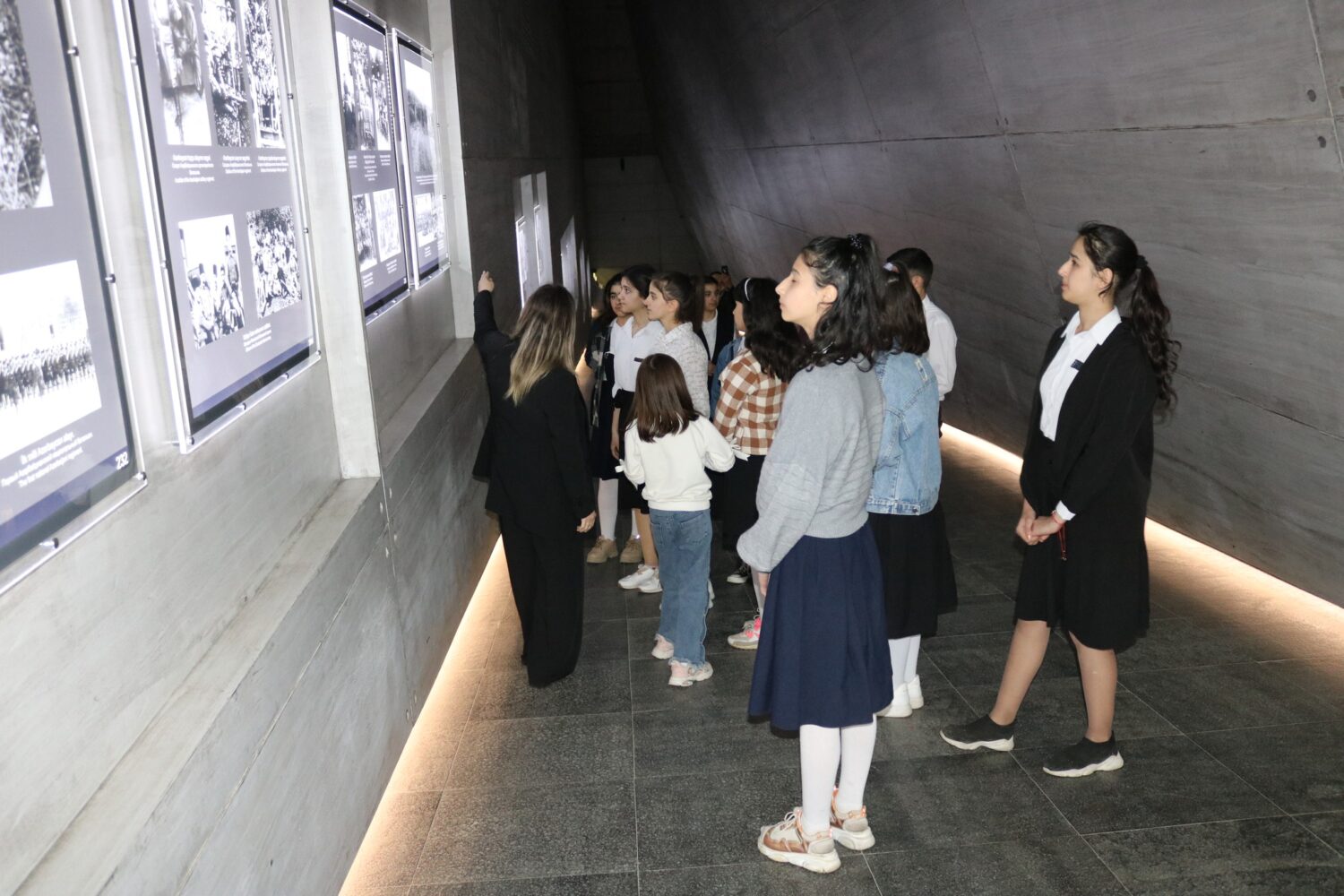
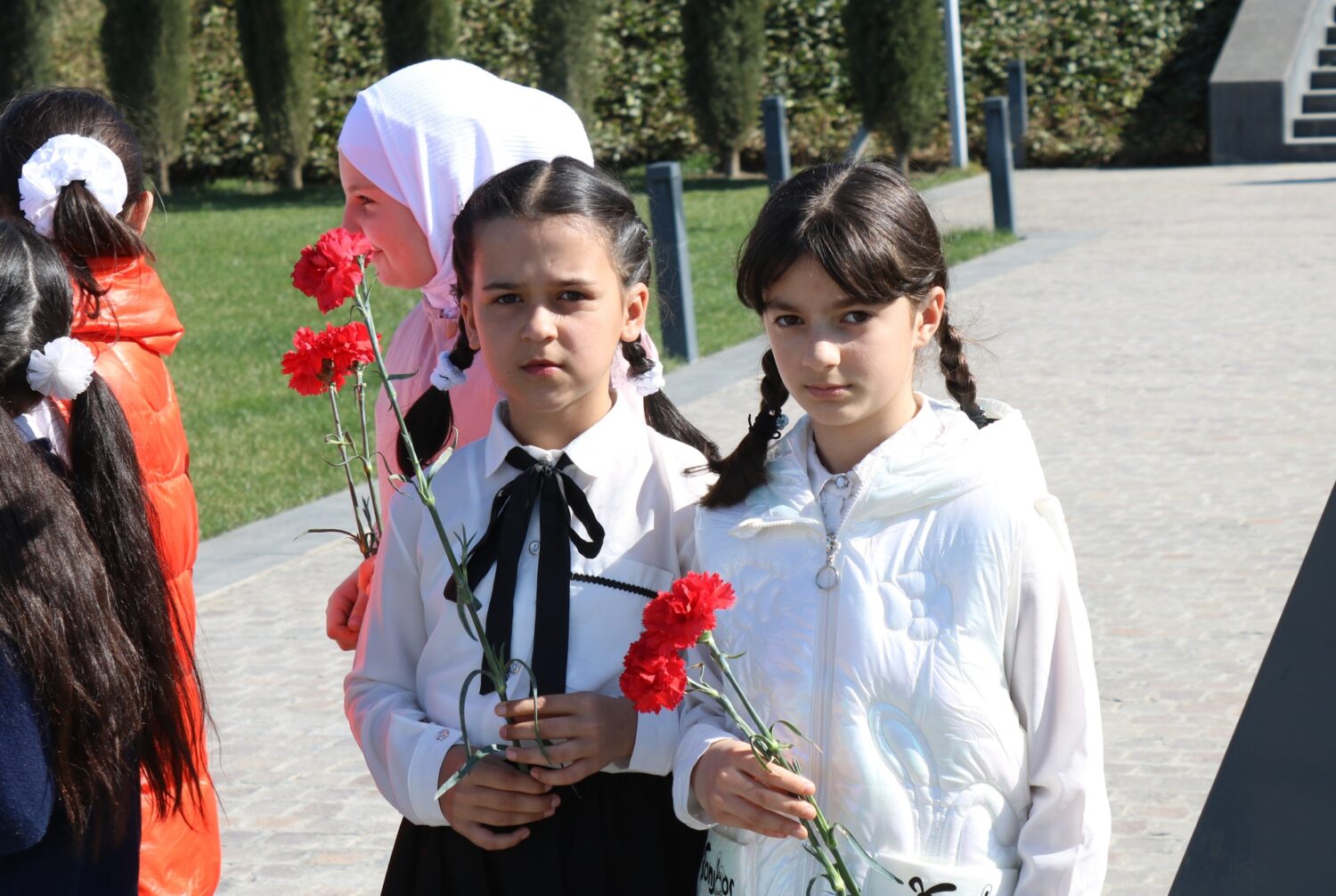
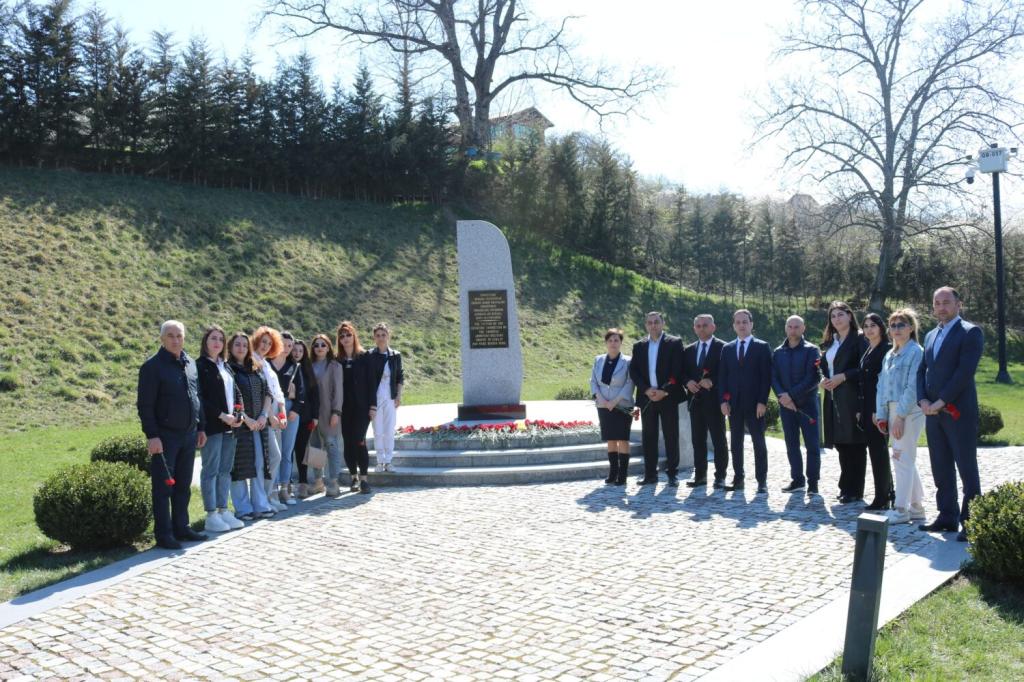
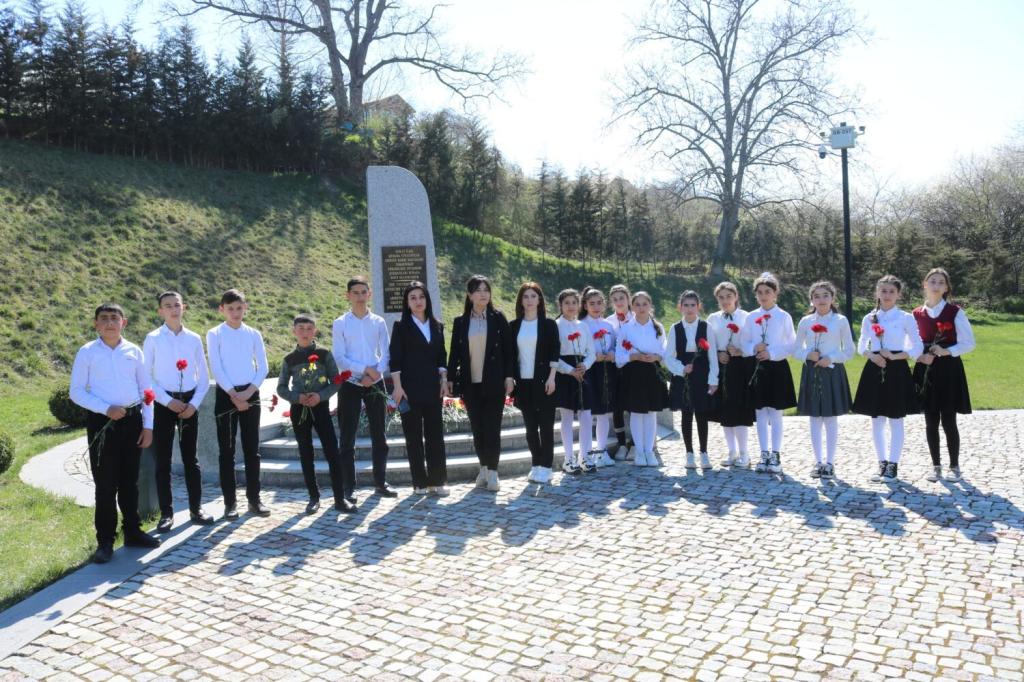

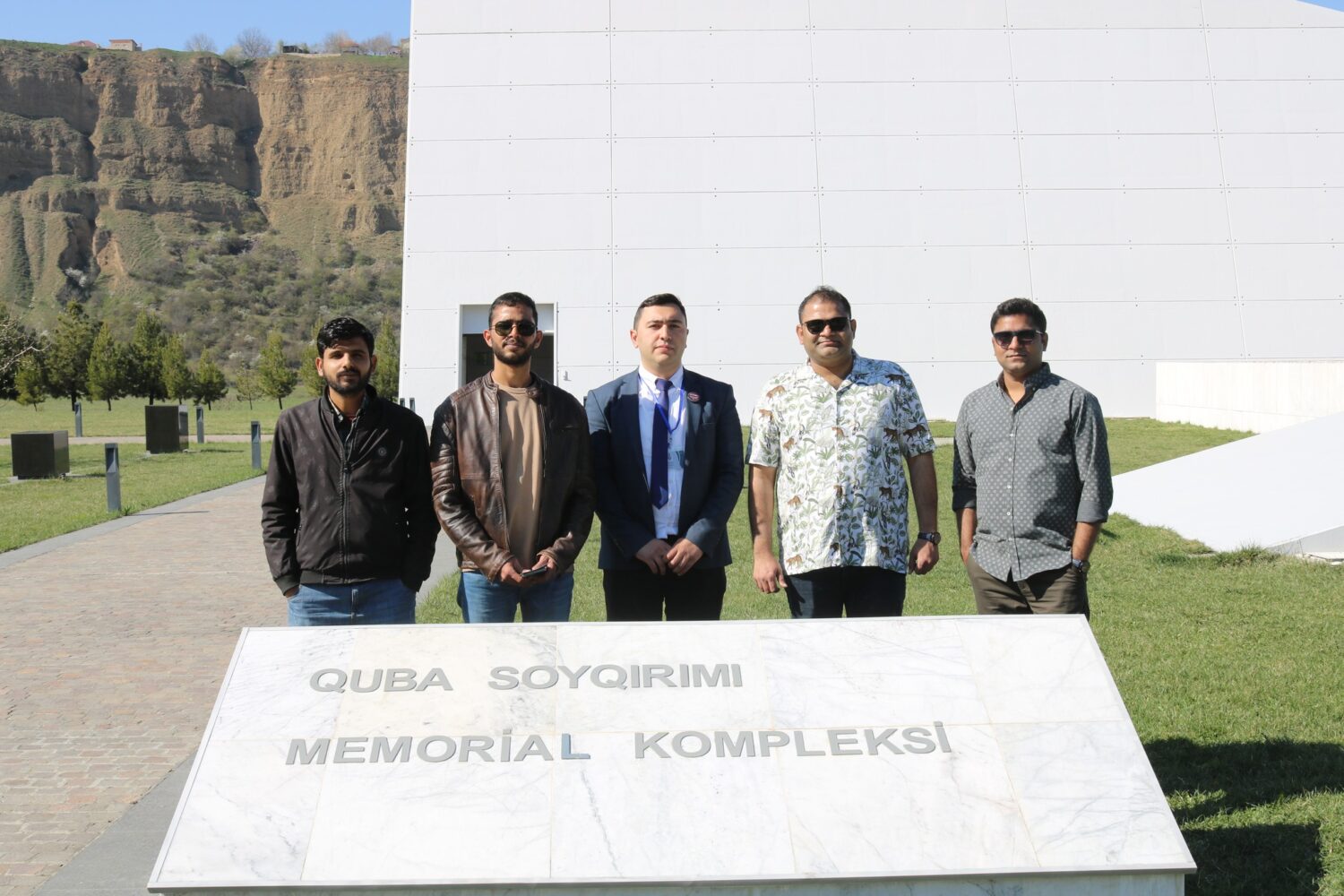
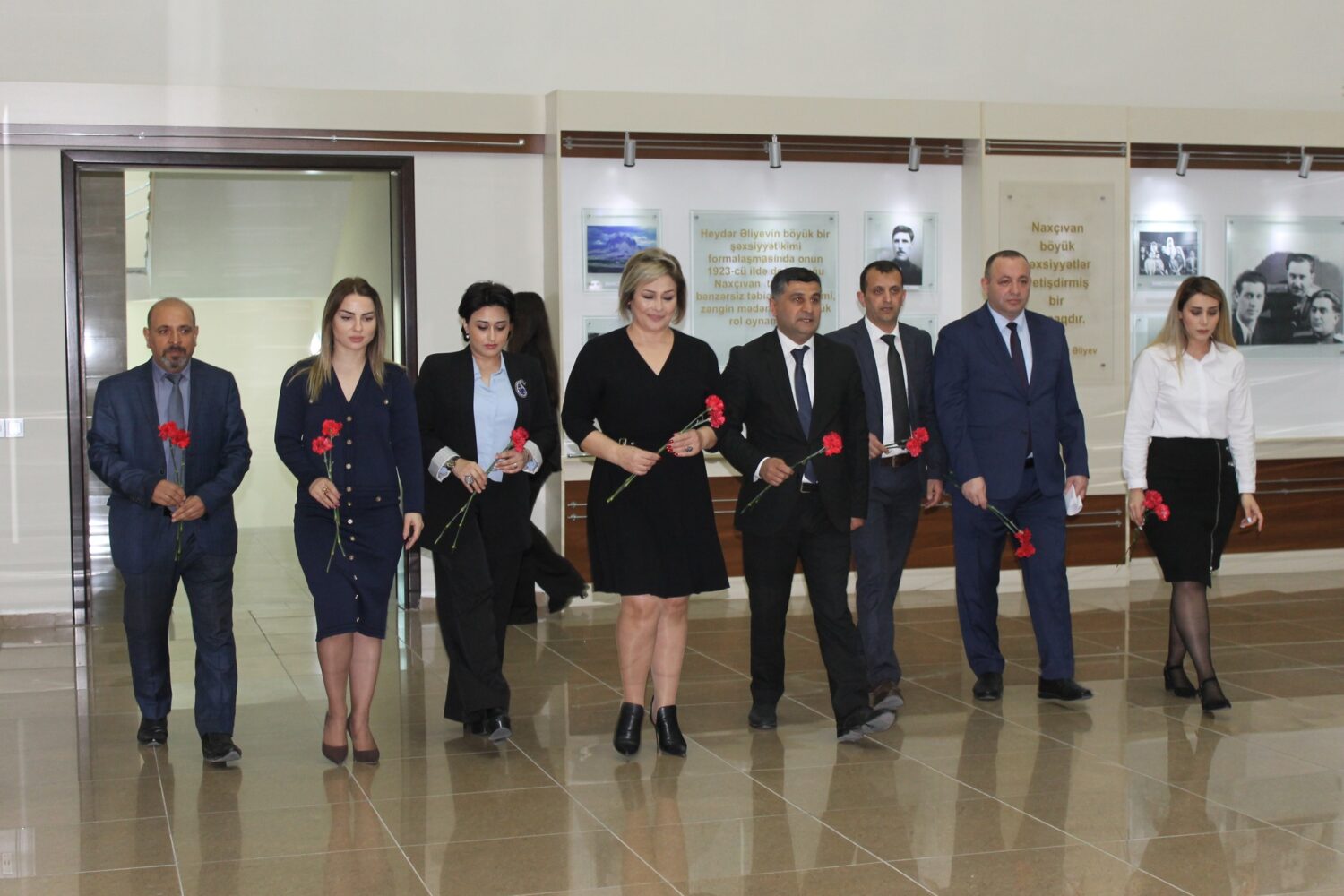
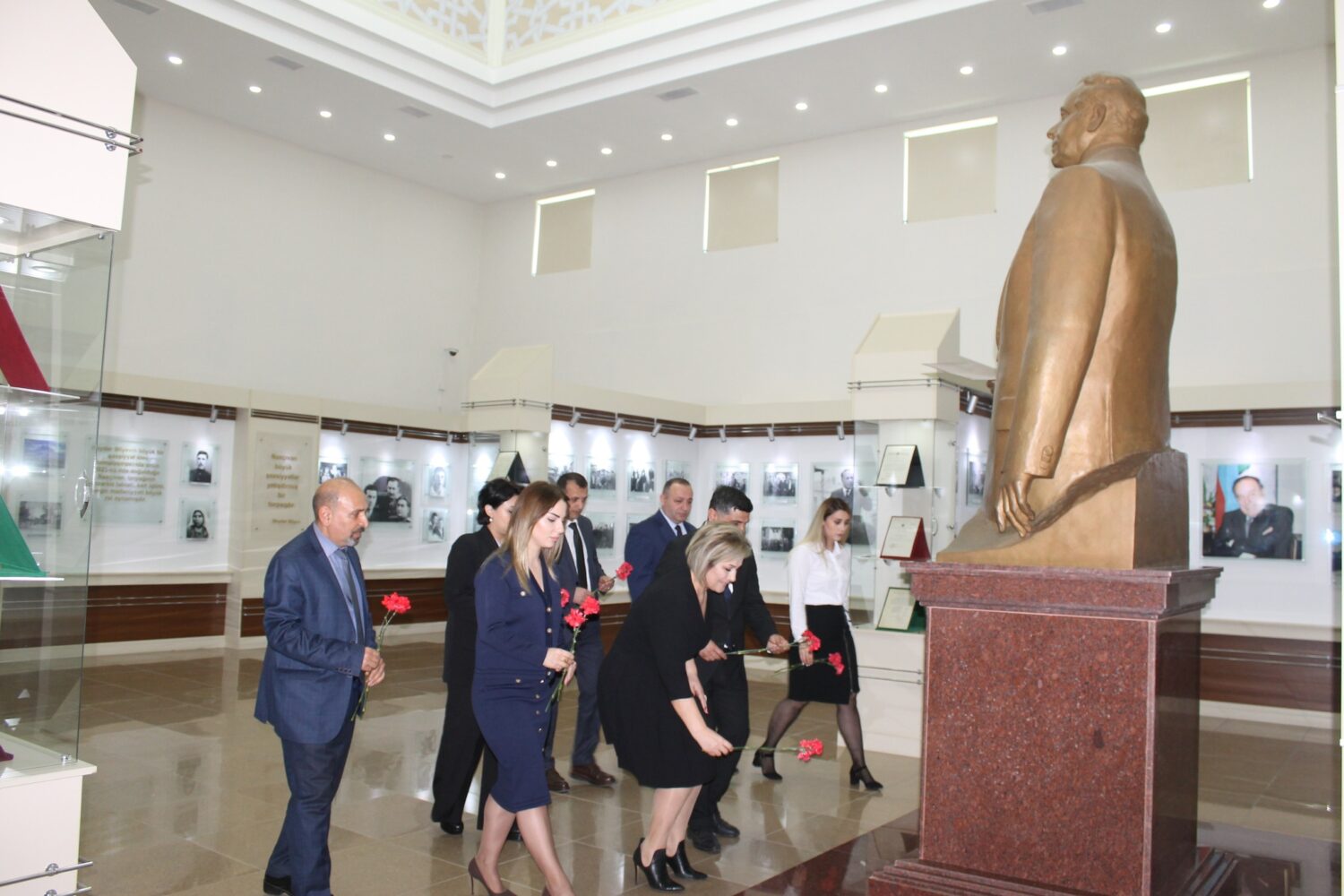

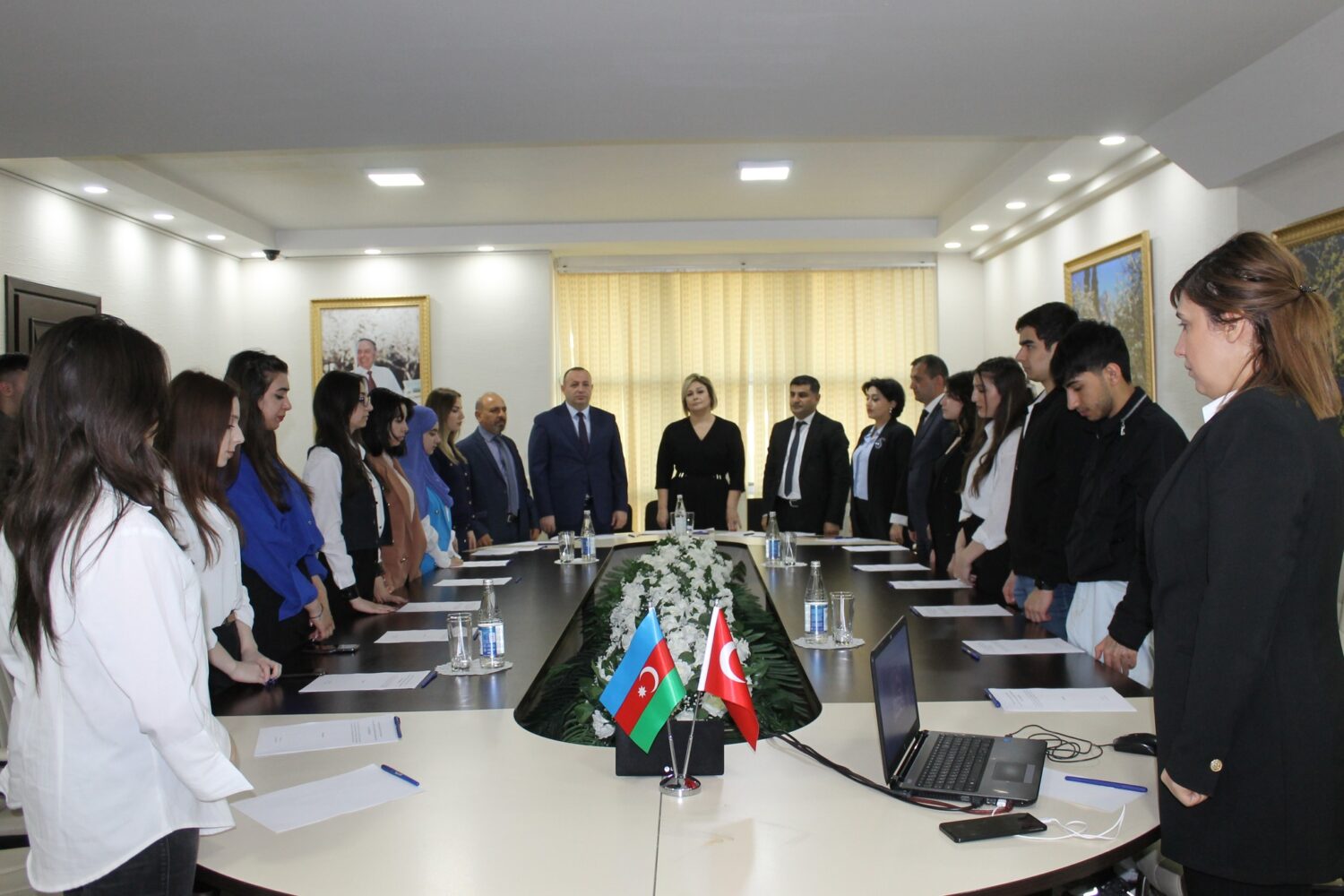
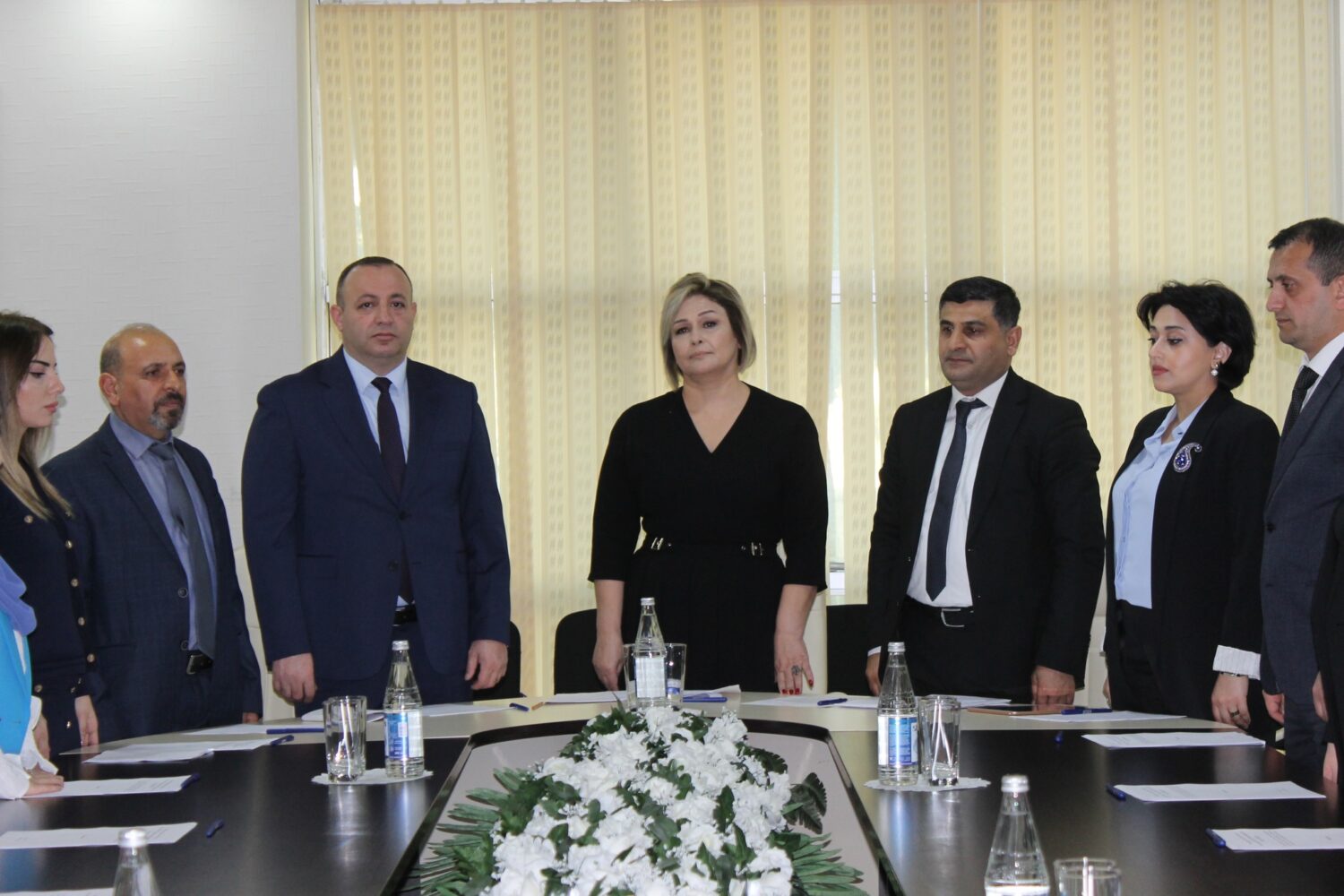
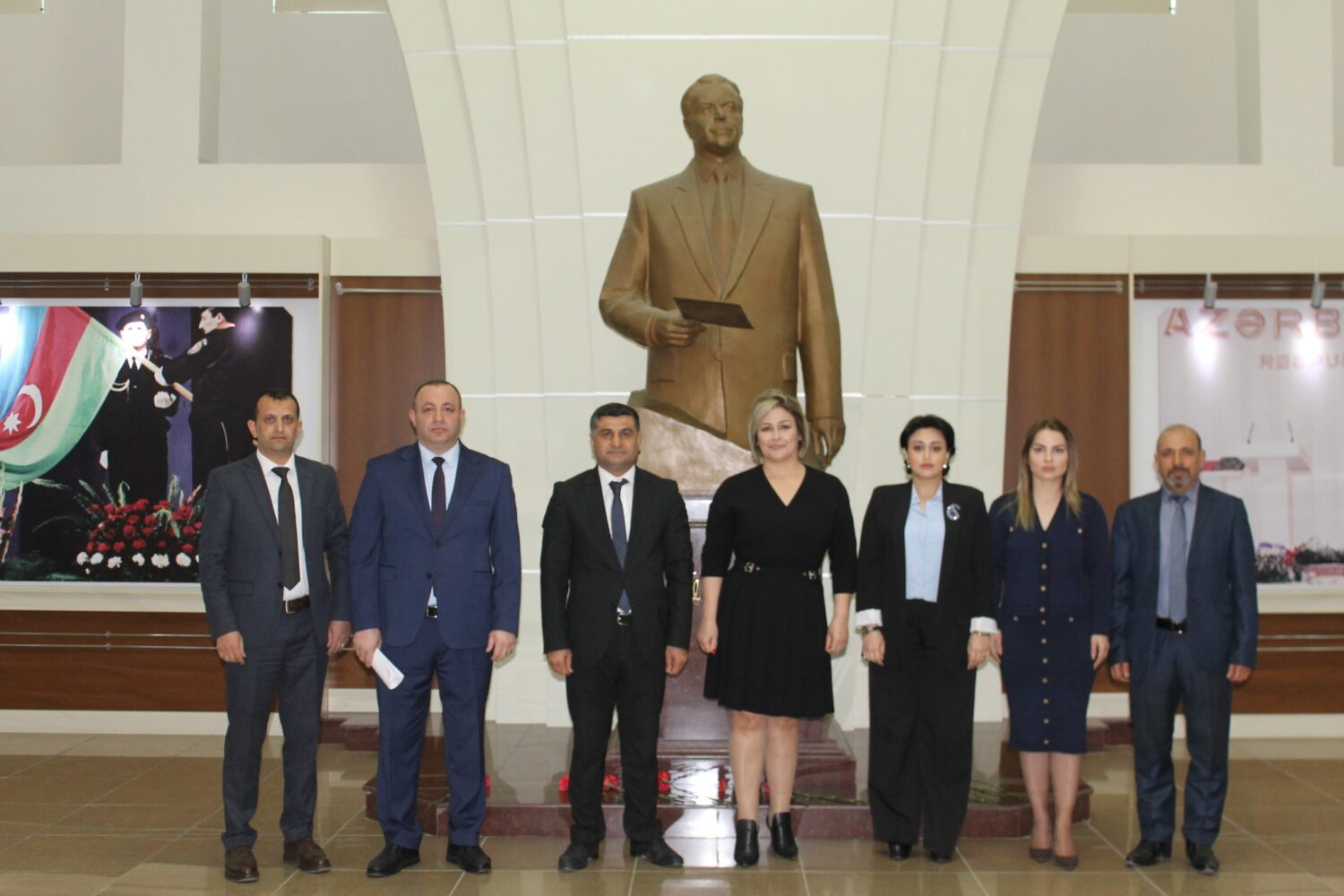
Doctor of philosophy in history, associate professor, specialist of the Genocide Memorial Complex in Guba, Subhan Talibli, director of the Center, Namina Omarova, senior researcher of the Institute of Oriental Studies of the Azerbaijan National Academy of Sciences, doctor of philosophy in history Hasan Safari, leading researcher of the Institute of History of ANAS, doctor of philosophy at the conference , associate professor Vasif Gafarov, Farid Mustafayev, deputy chairman of the NAP (New Azerbaijan Party) organization at the Institute of Soil Science and Agrochemistry of the Ministry of Science and Education, Ayten Rahimli, a junior researcher at the Institute of Oriental Studies of ANAS, and students of the Azerbaijan State University of Culture and Arts and other guests participated.




At the event, the Director of the Complex, Dr. Rakhshanda Bayramova, informed about the genocides committed against Azerbaijanis at the beginning of the 20th century. Speakers who spoke later noted that the Genocide Memorial Complex played a special role in promoting Armenian vandalism to the world community.
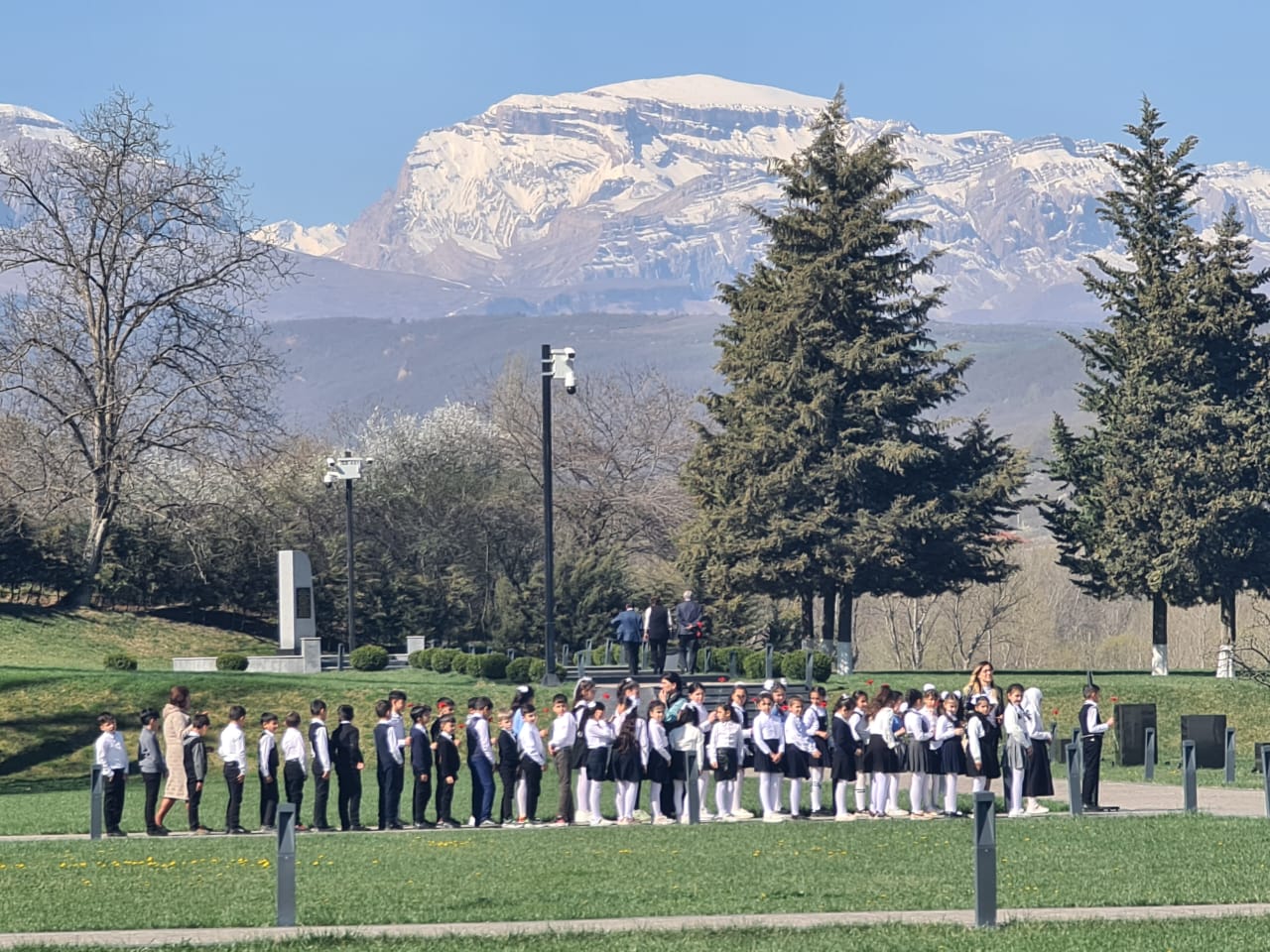
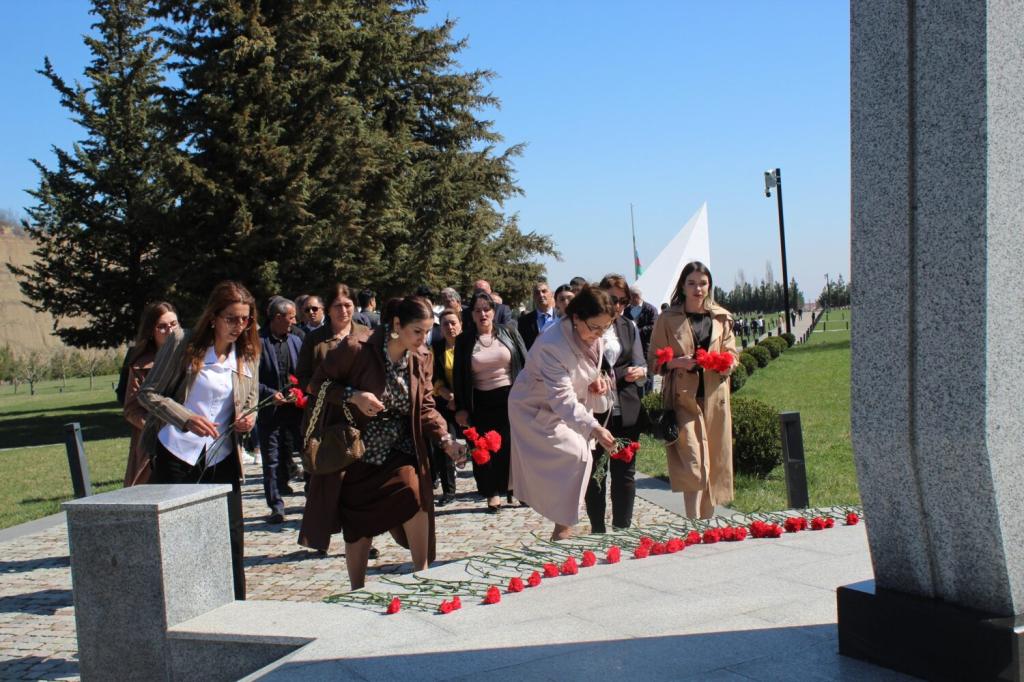

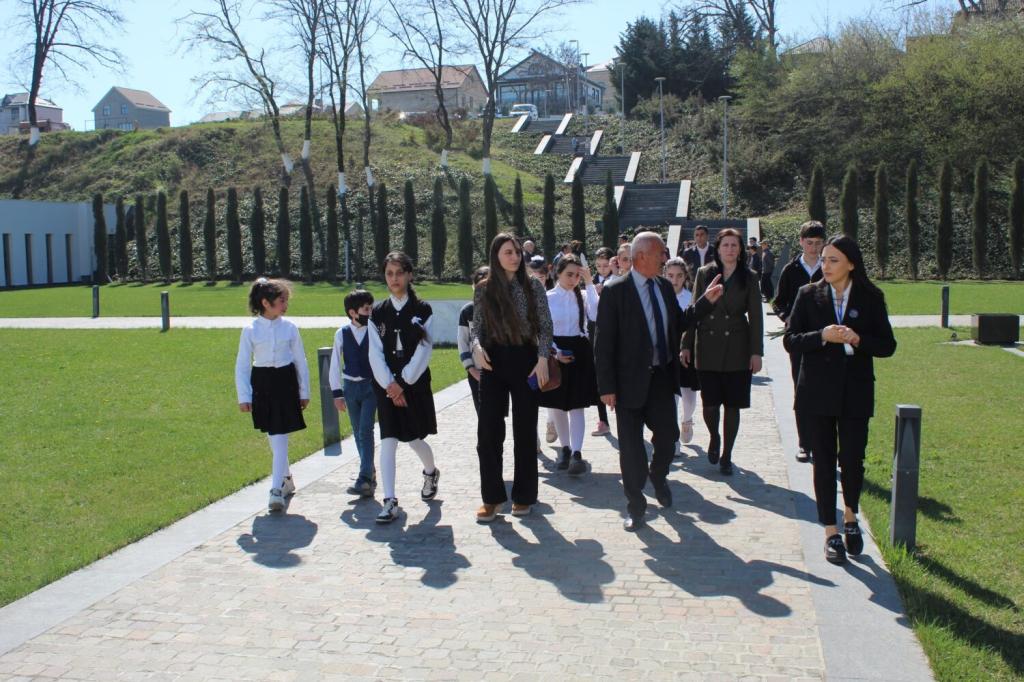
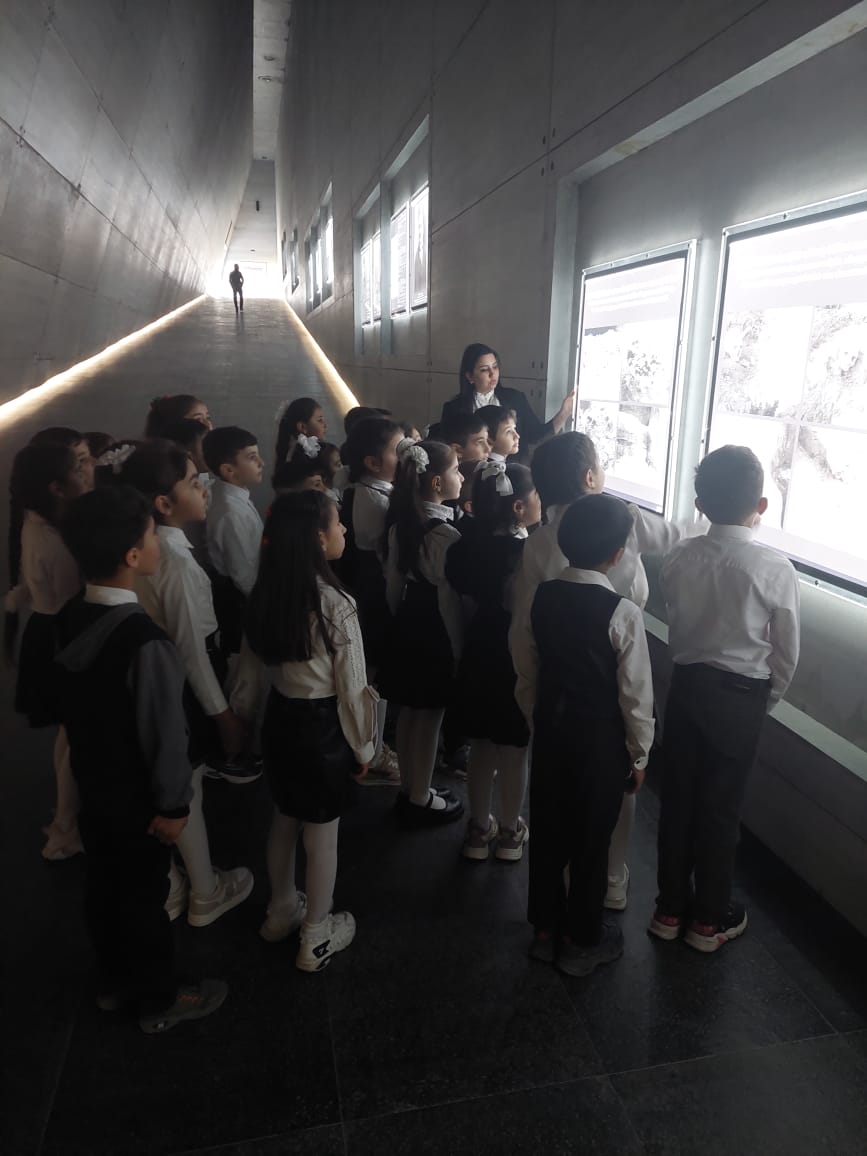

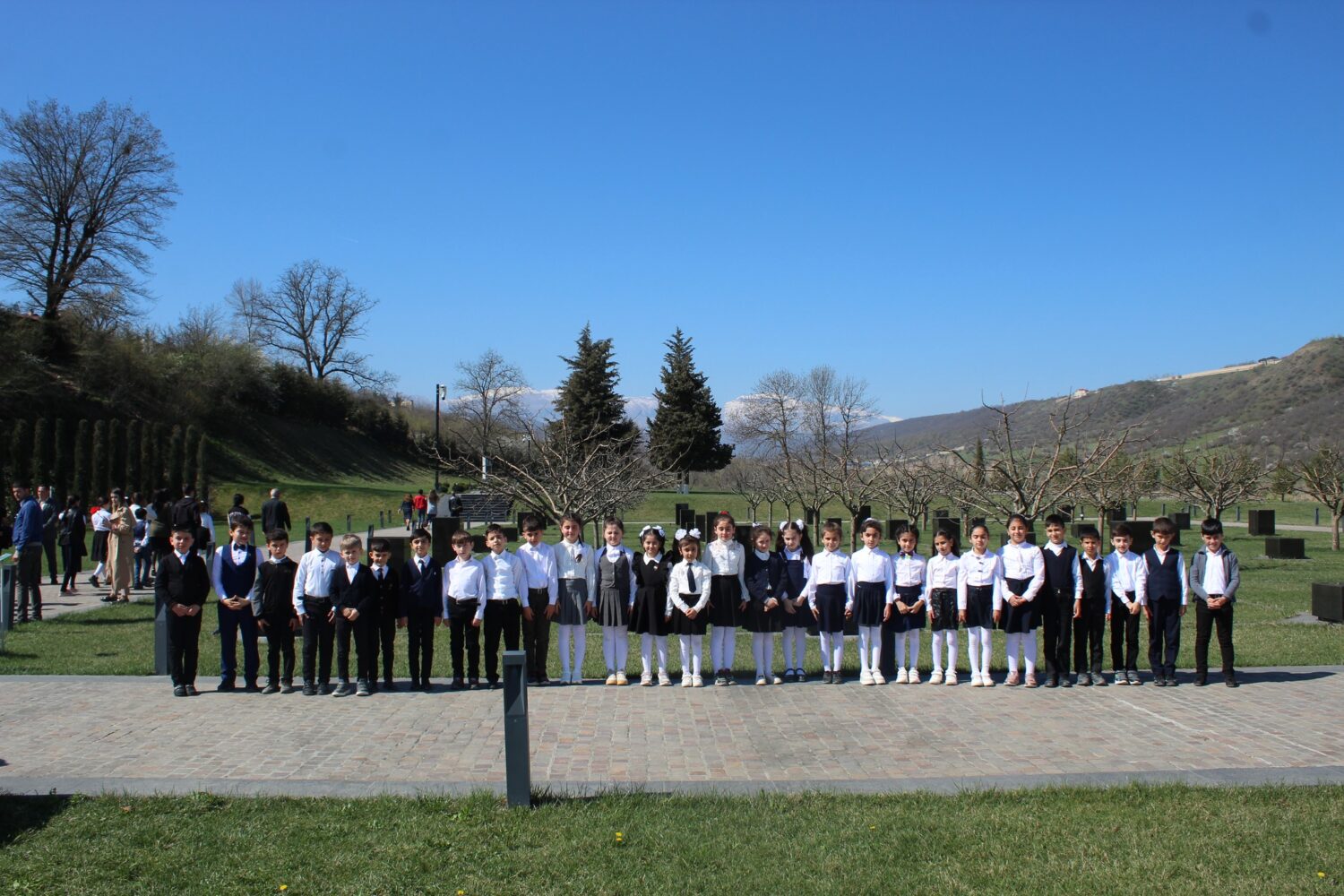
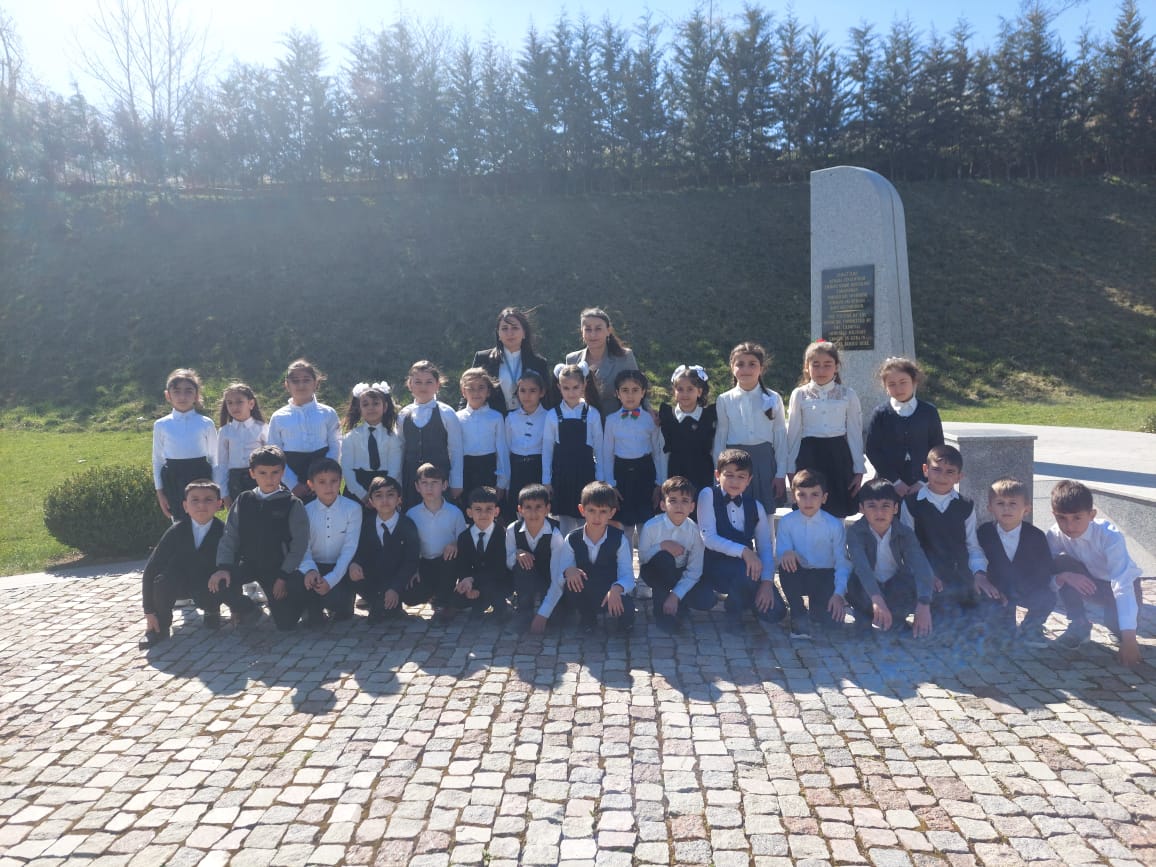

Today, leaders of cultural institutions operating in Gusar district, teachers and students of general education institutions visited the Complex. Later, a literary and artistic composition was organized with the participation of school students.










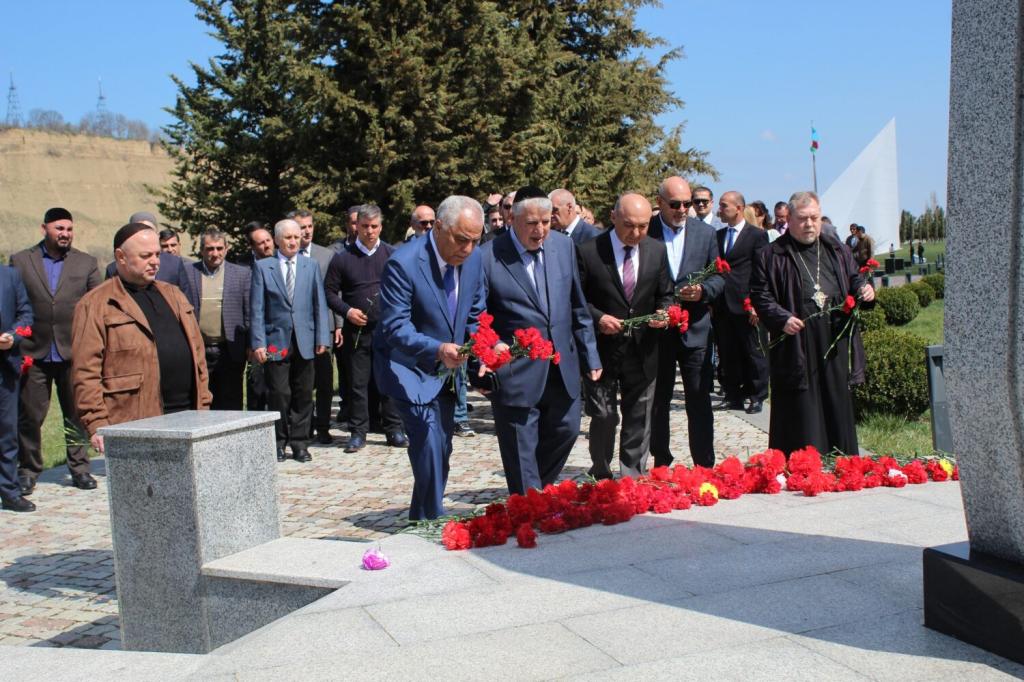


The guests paid a visit to the “Genocide Memorial Complex” in the city of Guba and laid flowers on the monument erected in memory of the people killed in 1918. In the “Genocide” museum of the complex, visitors were informed that as a result of the genocides that took place in Azerbaijan at the beginning of the 20th century, religious monuments and mosques were destroyed by Armenian Dashnaks, and people were killed because of their religious identity. At the end, visitors were presented with booklets containing the facts of the genocide.

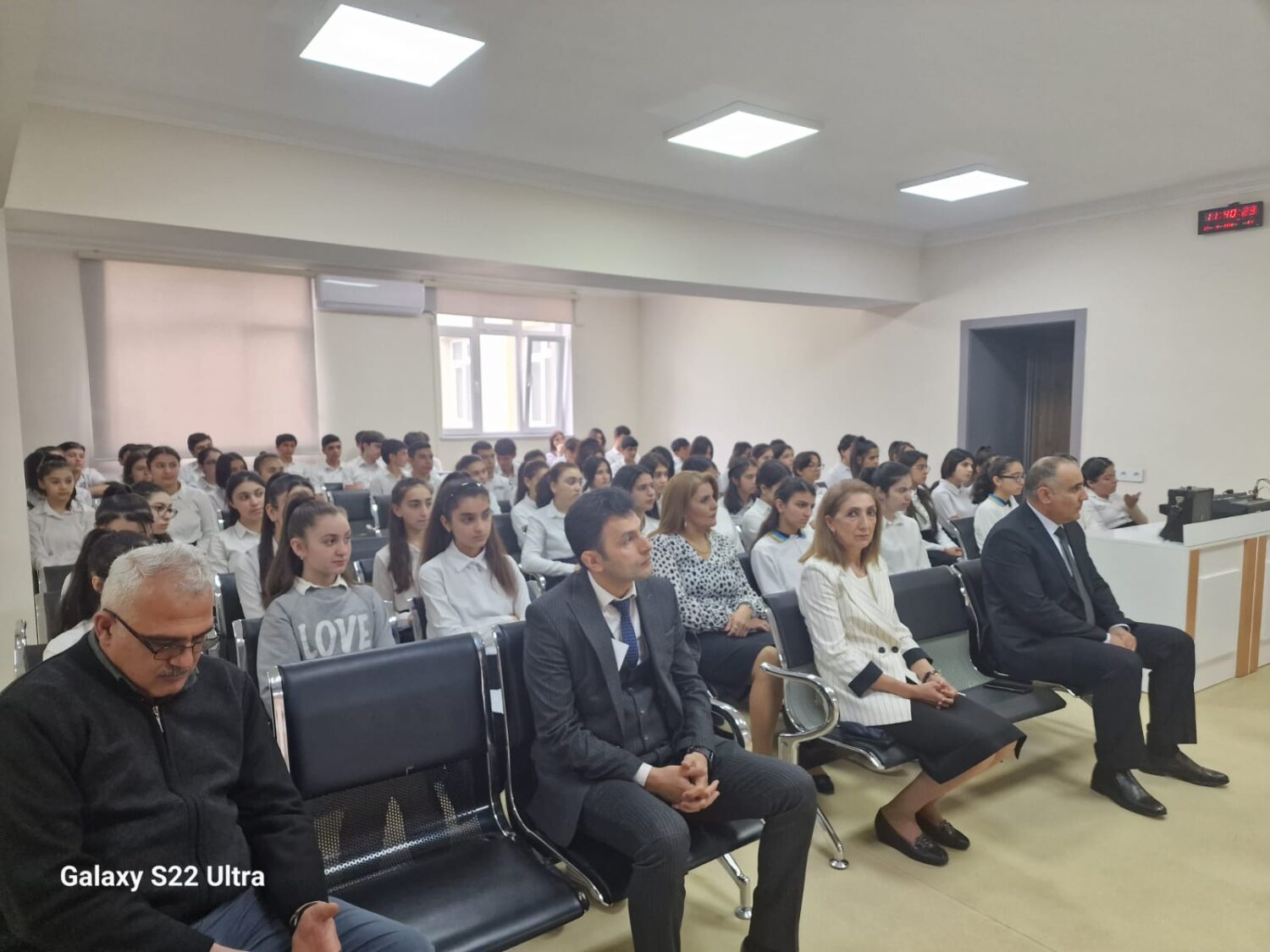

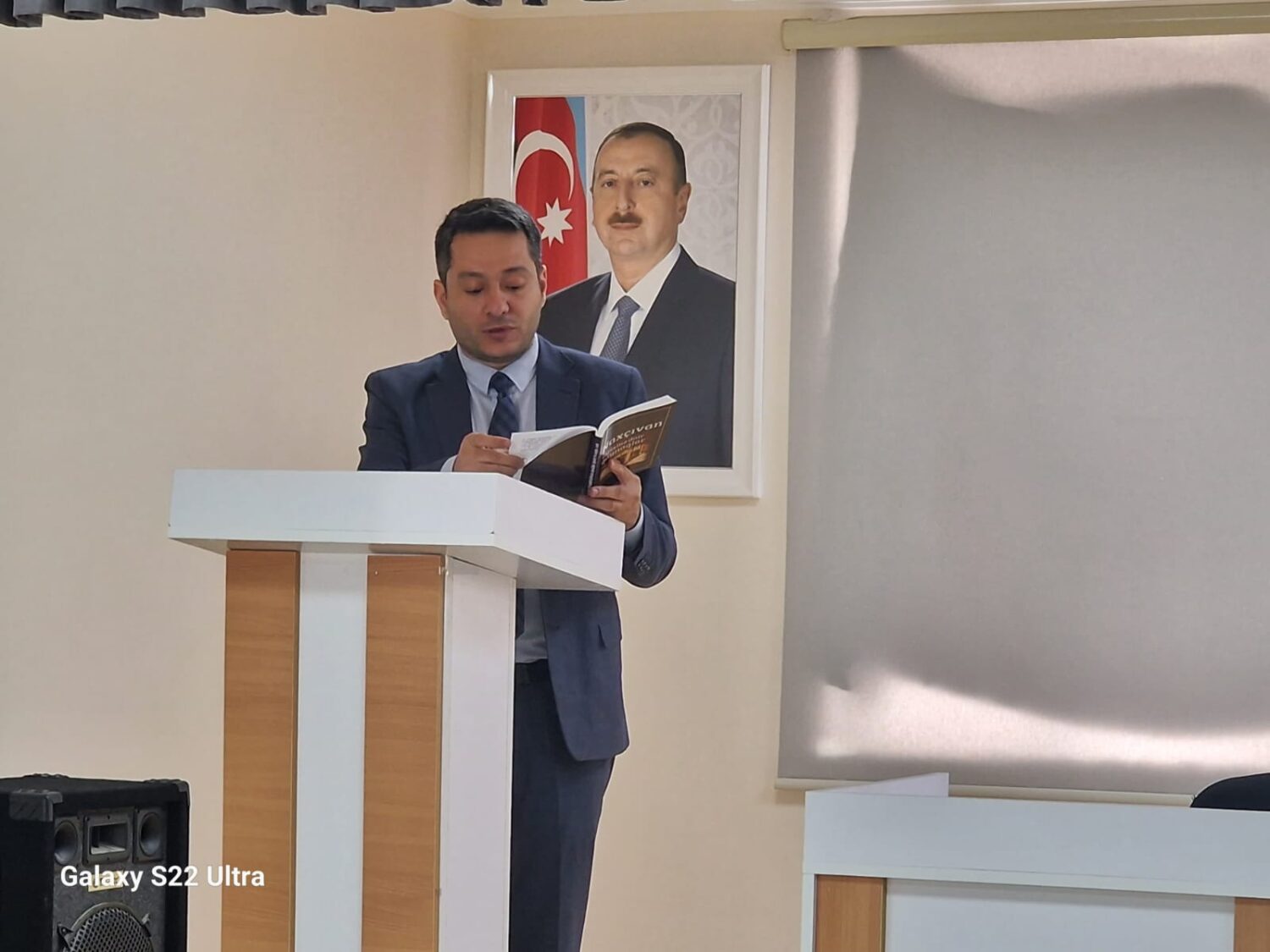
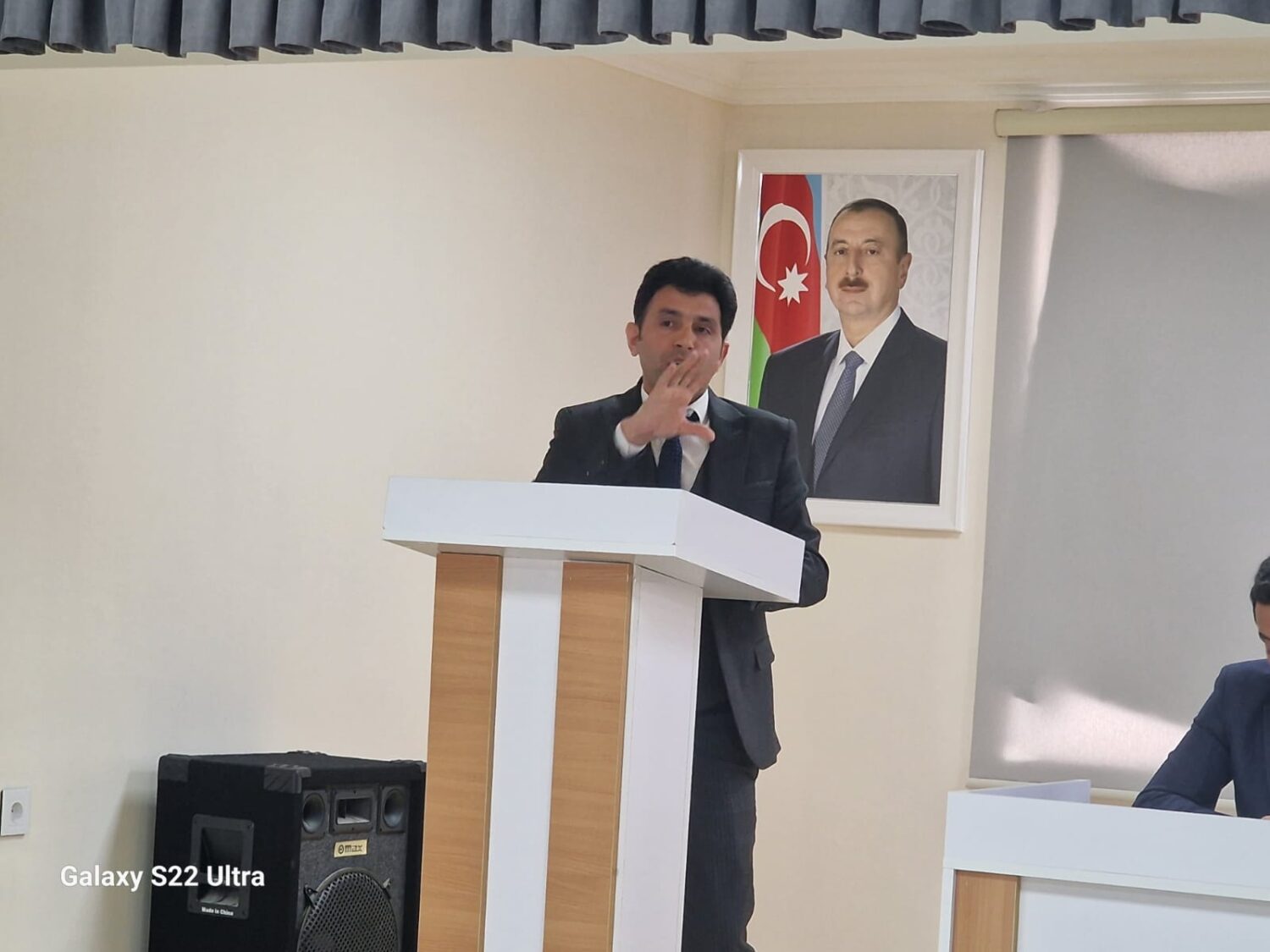
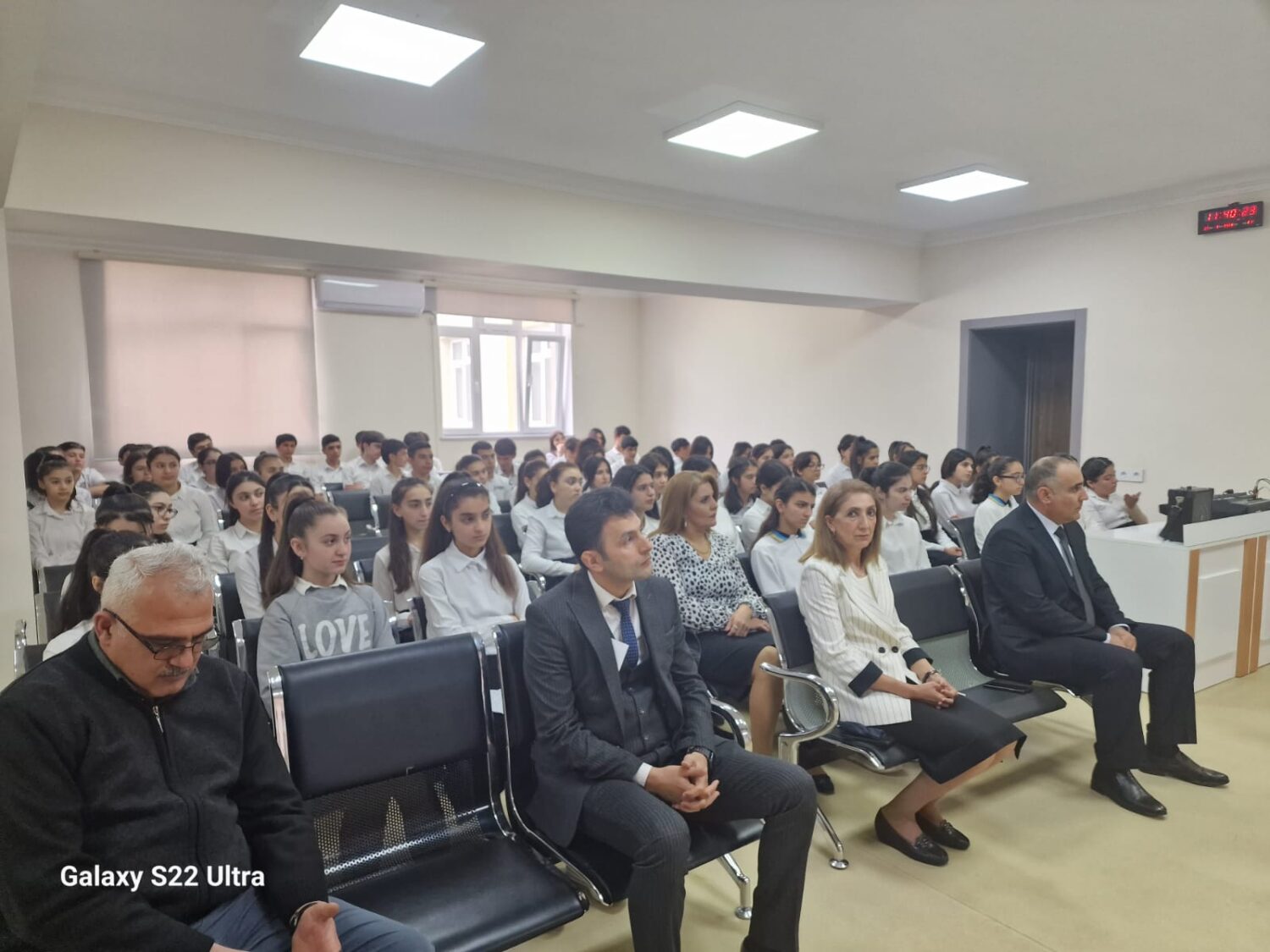
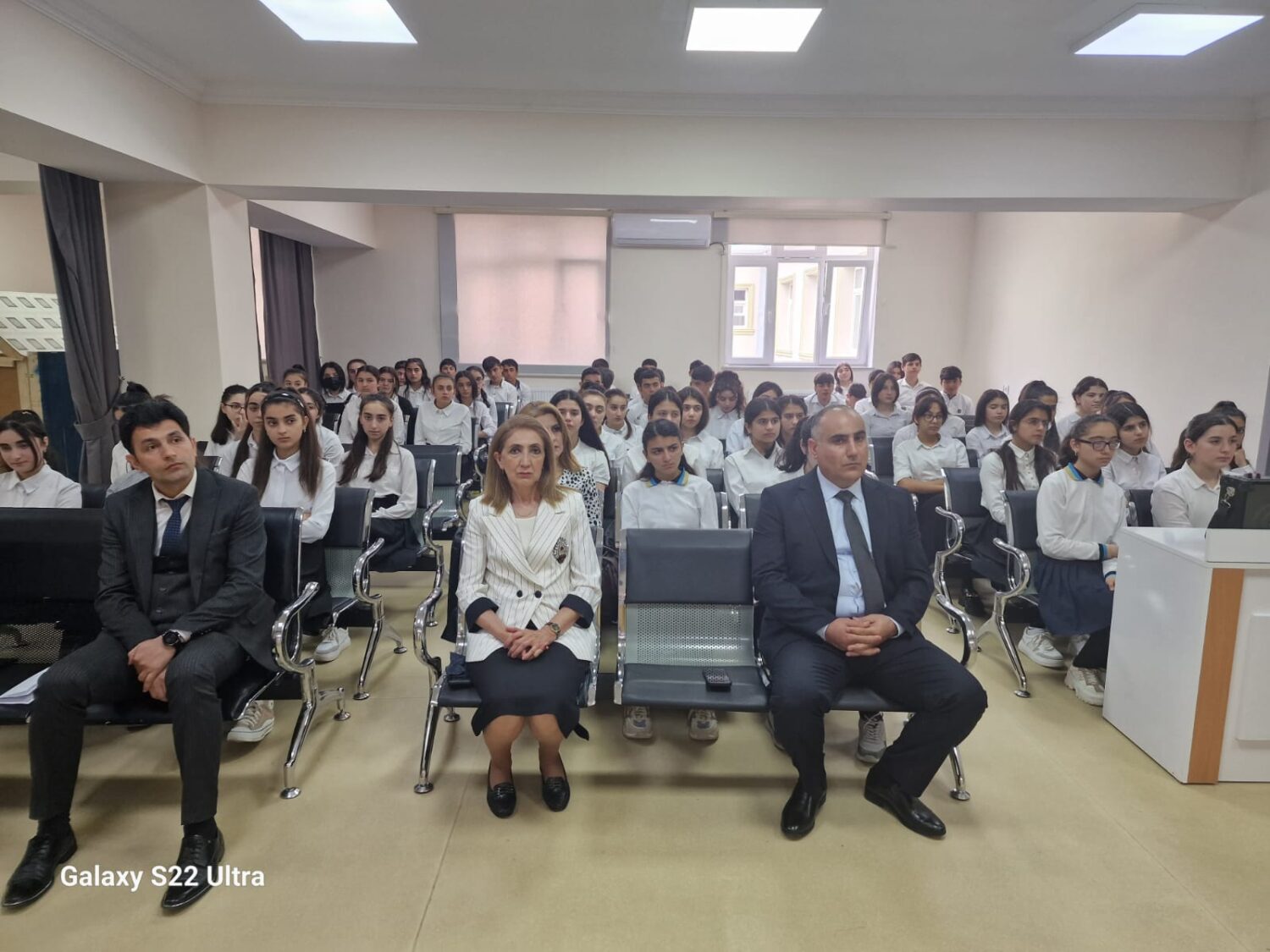
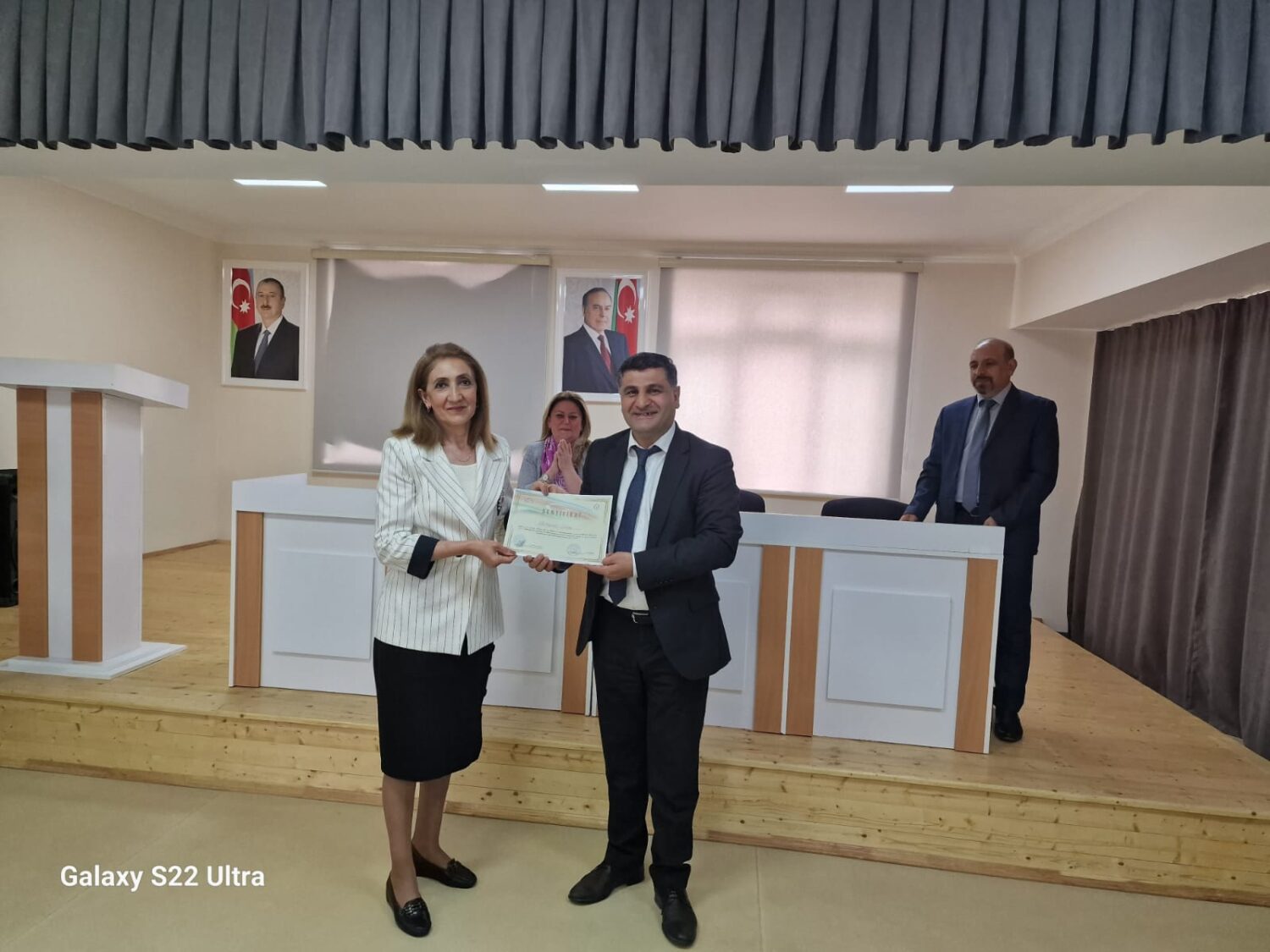
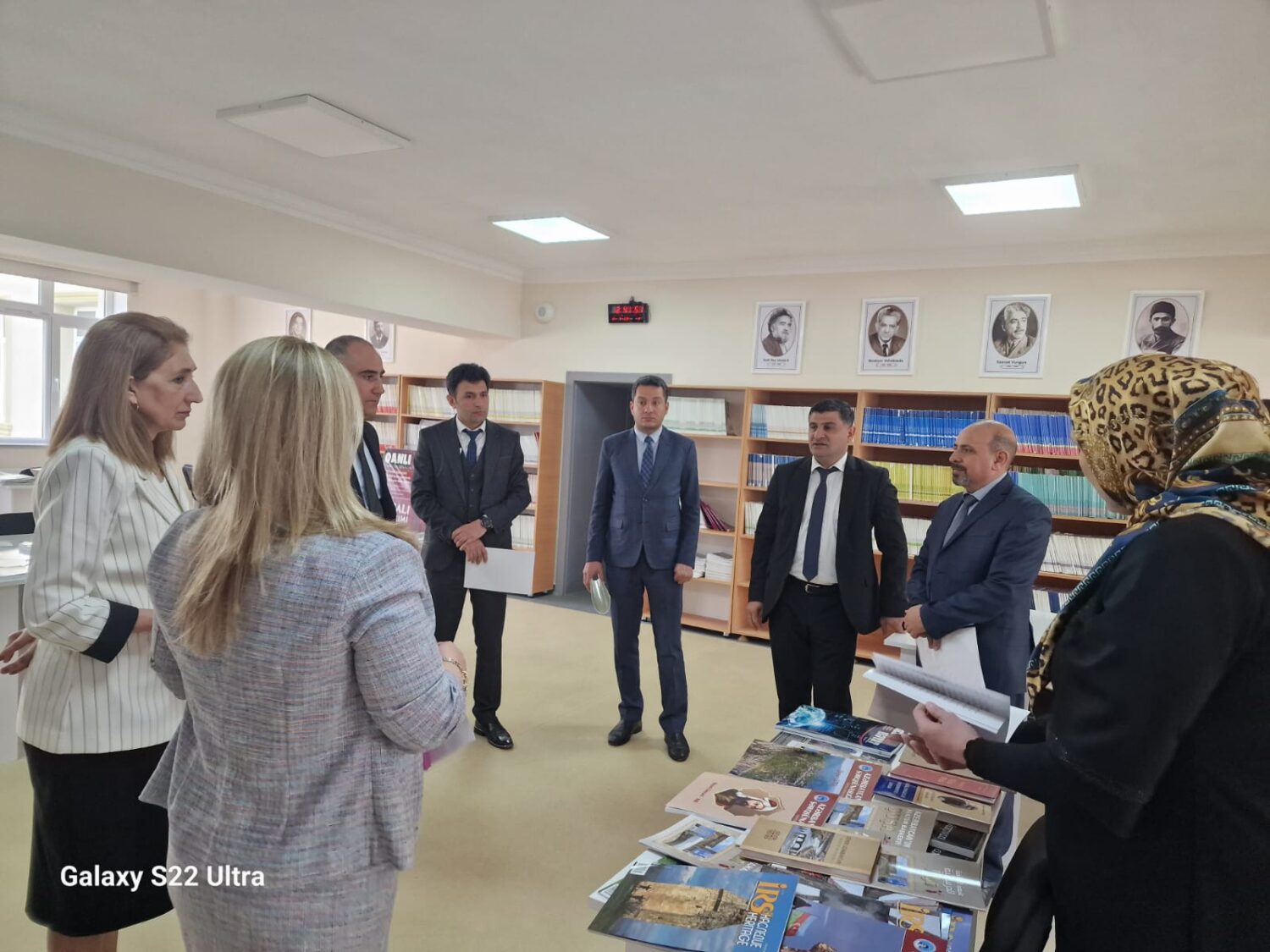
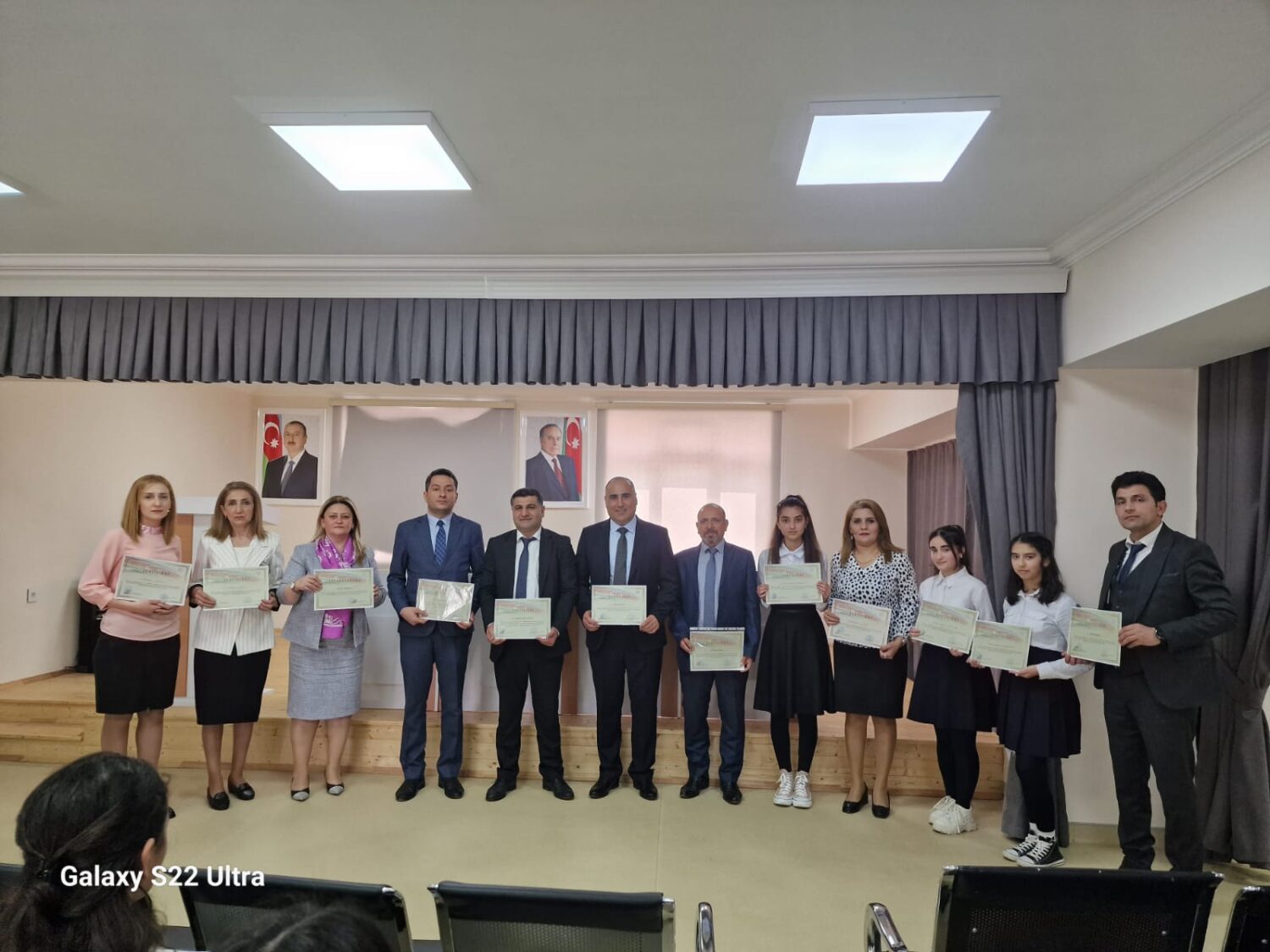
The conference is dedicated to the 2023 “Year of Heydar Aliyev” and the 105th anniversary of the 1918 genocide of Azerbaijanis. The speakers informed about the activities of the national leader Heydar Aliyev in the direction of giving a legal and political assessment to the events of genocide and making them known in the world with the decree of March 26, 1998.
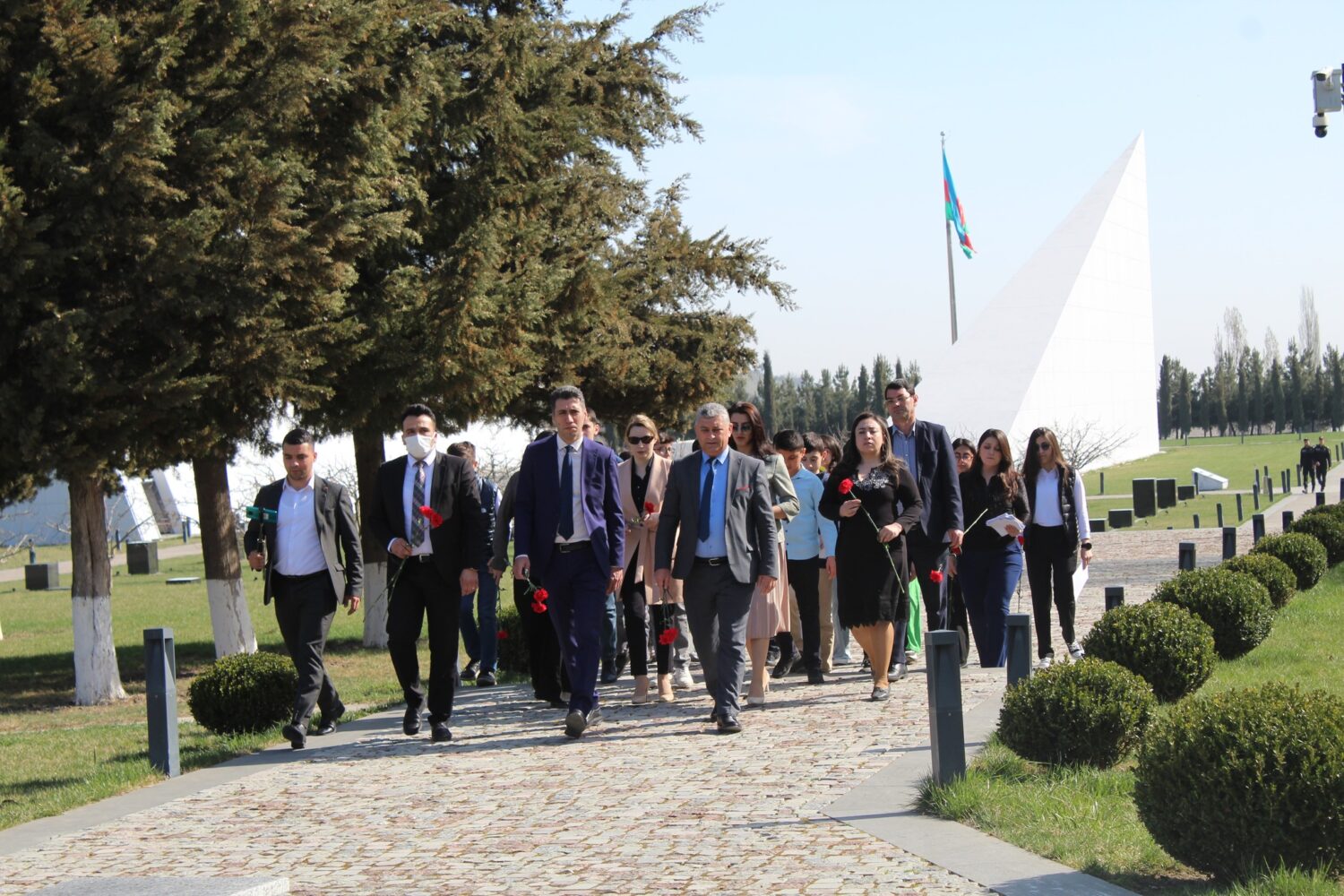

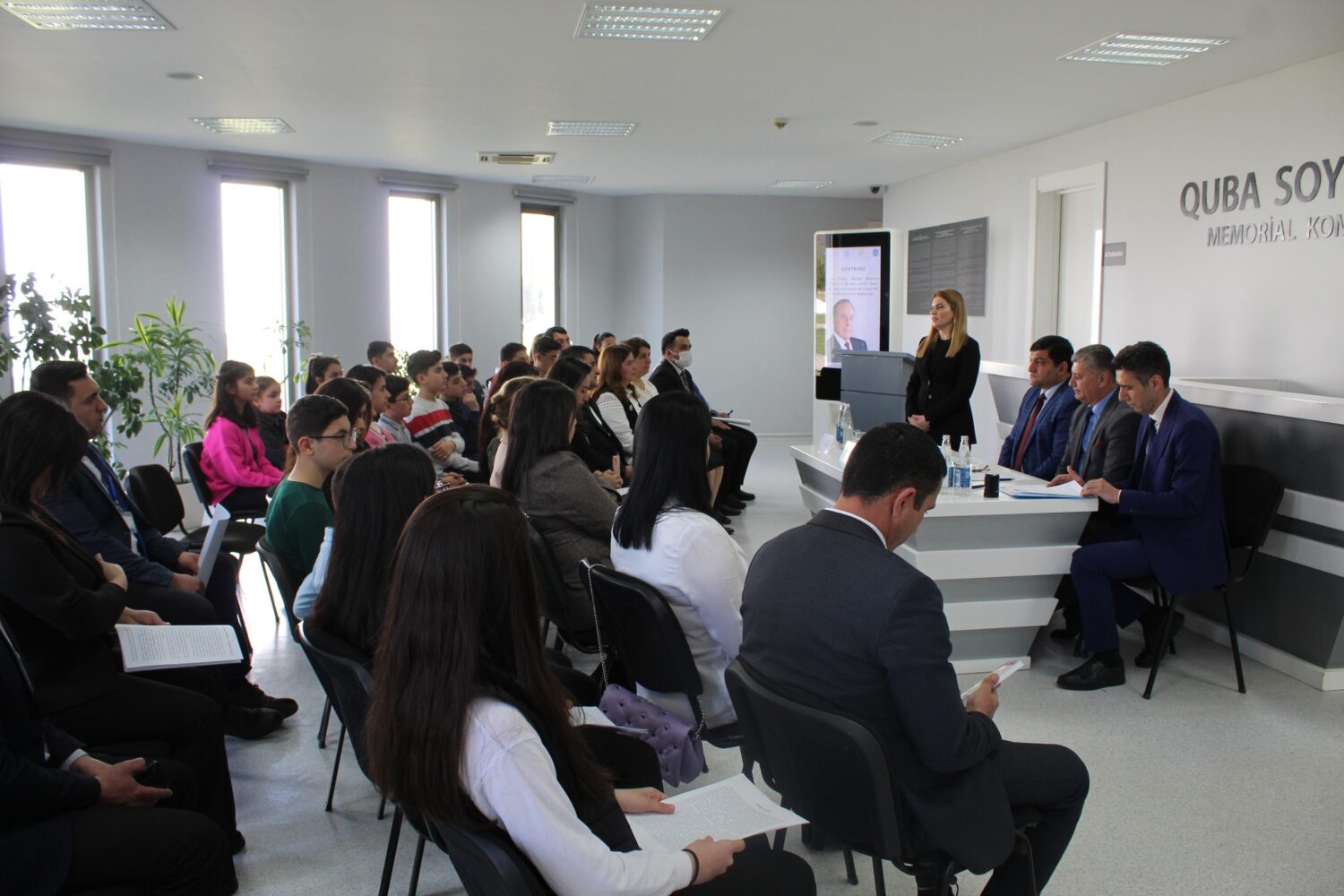
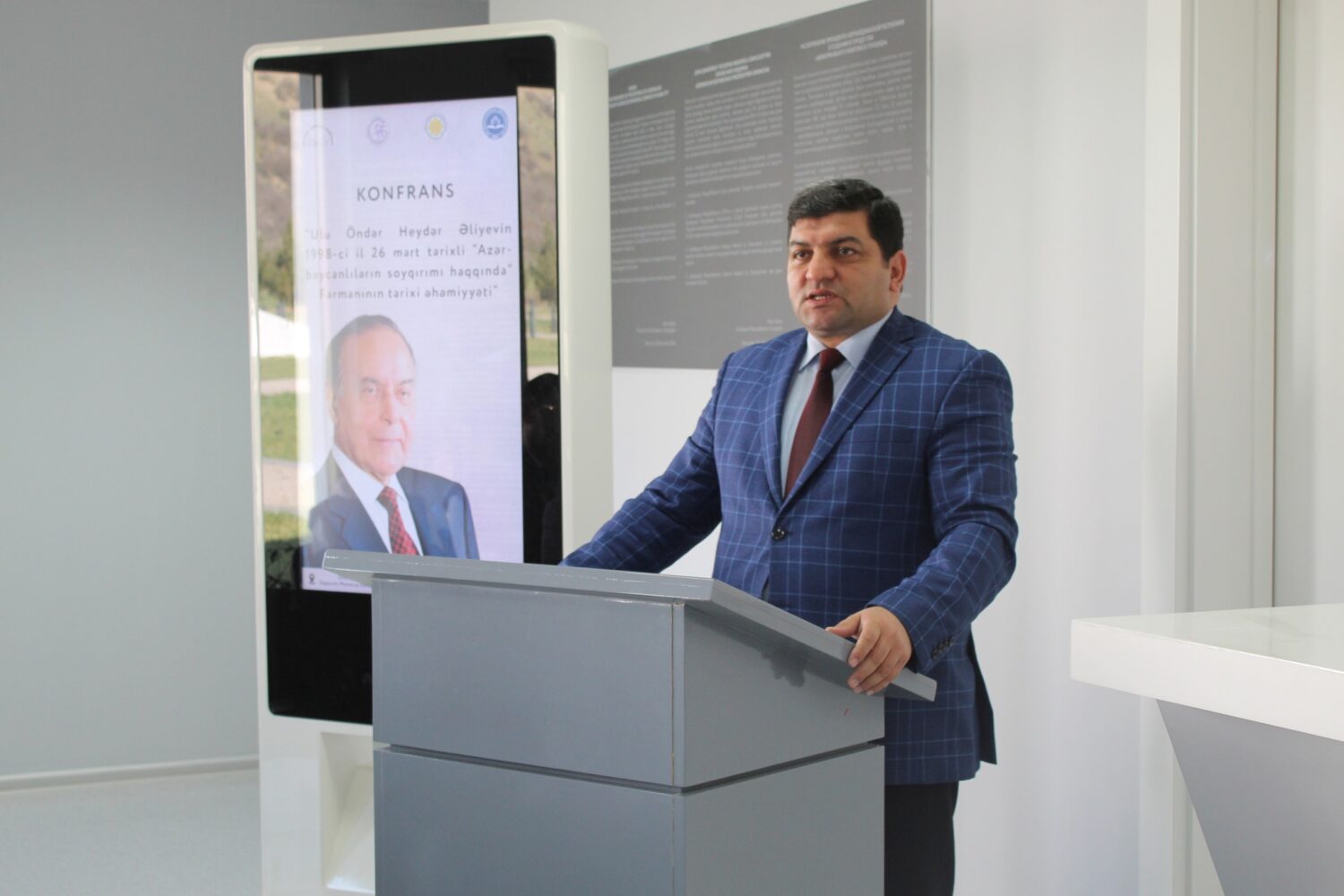
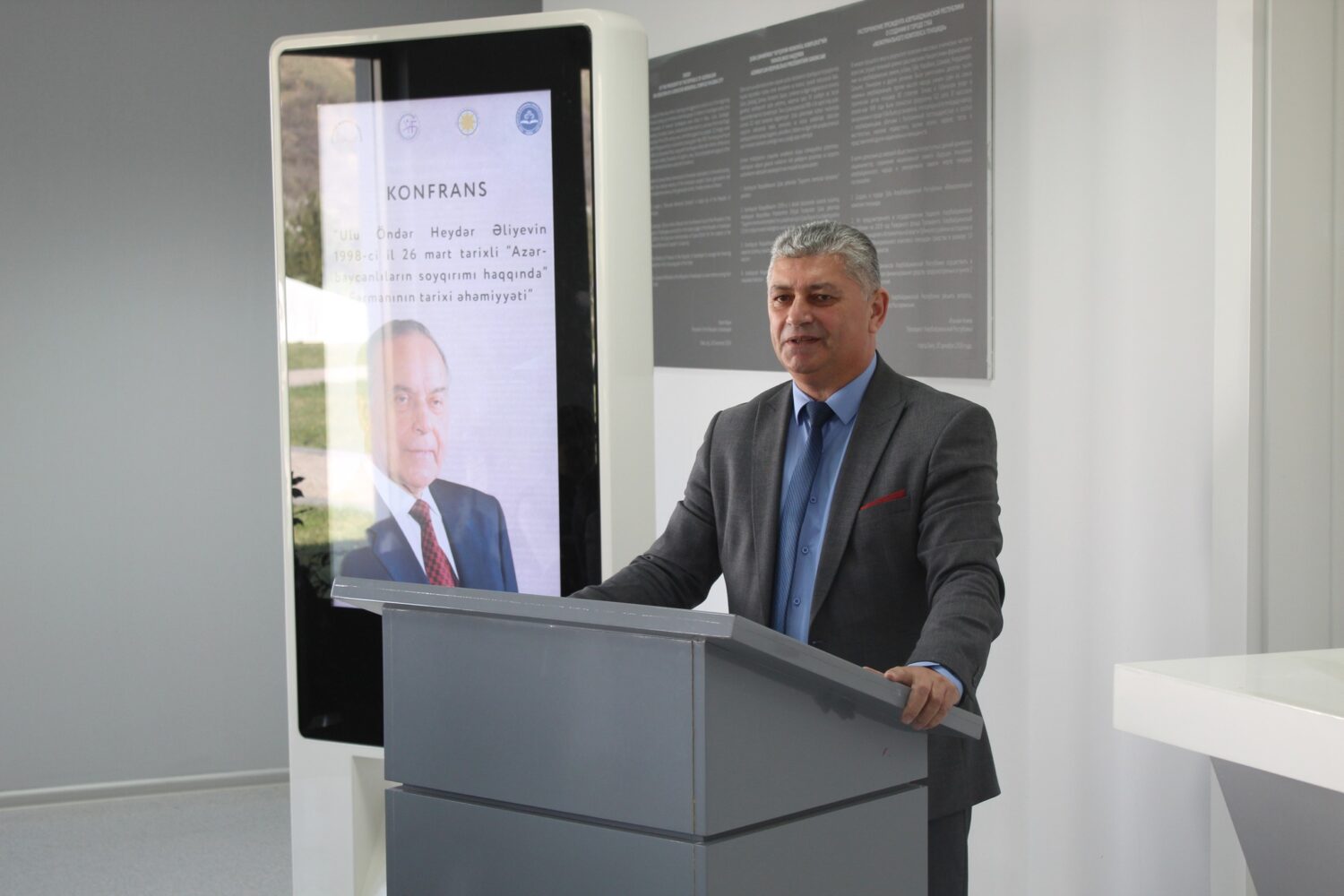
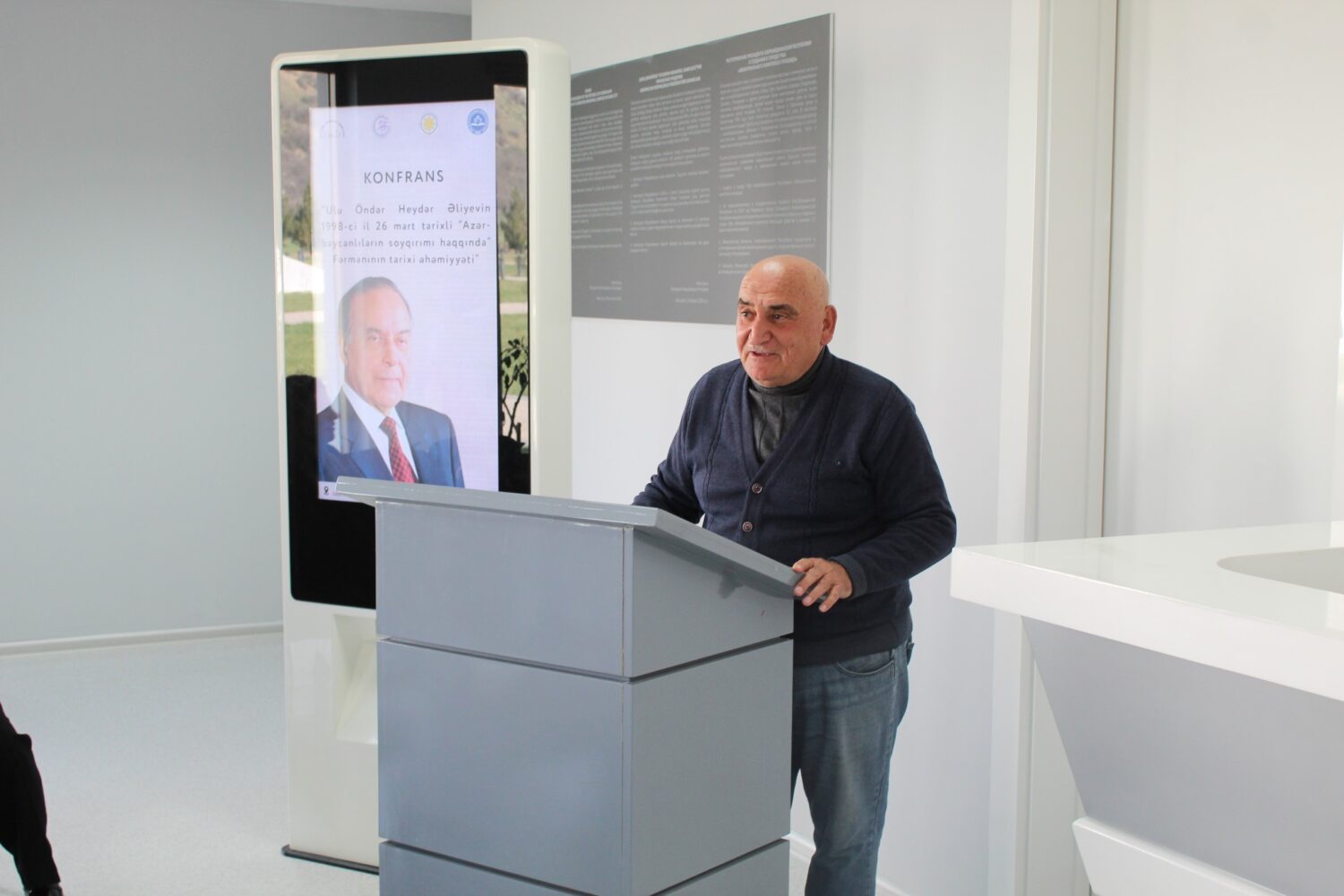
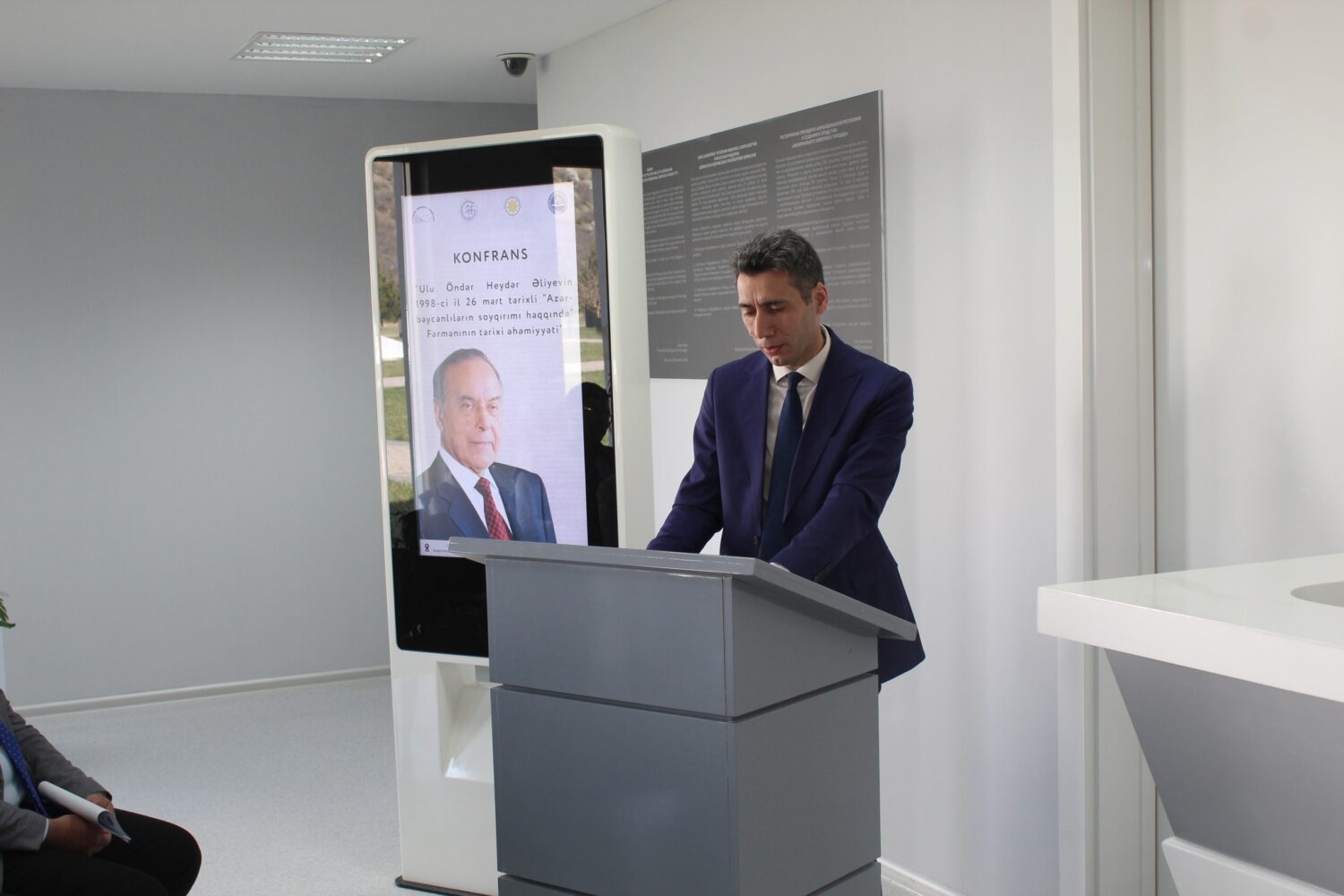
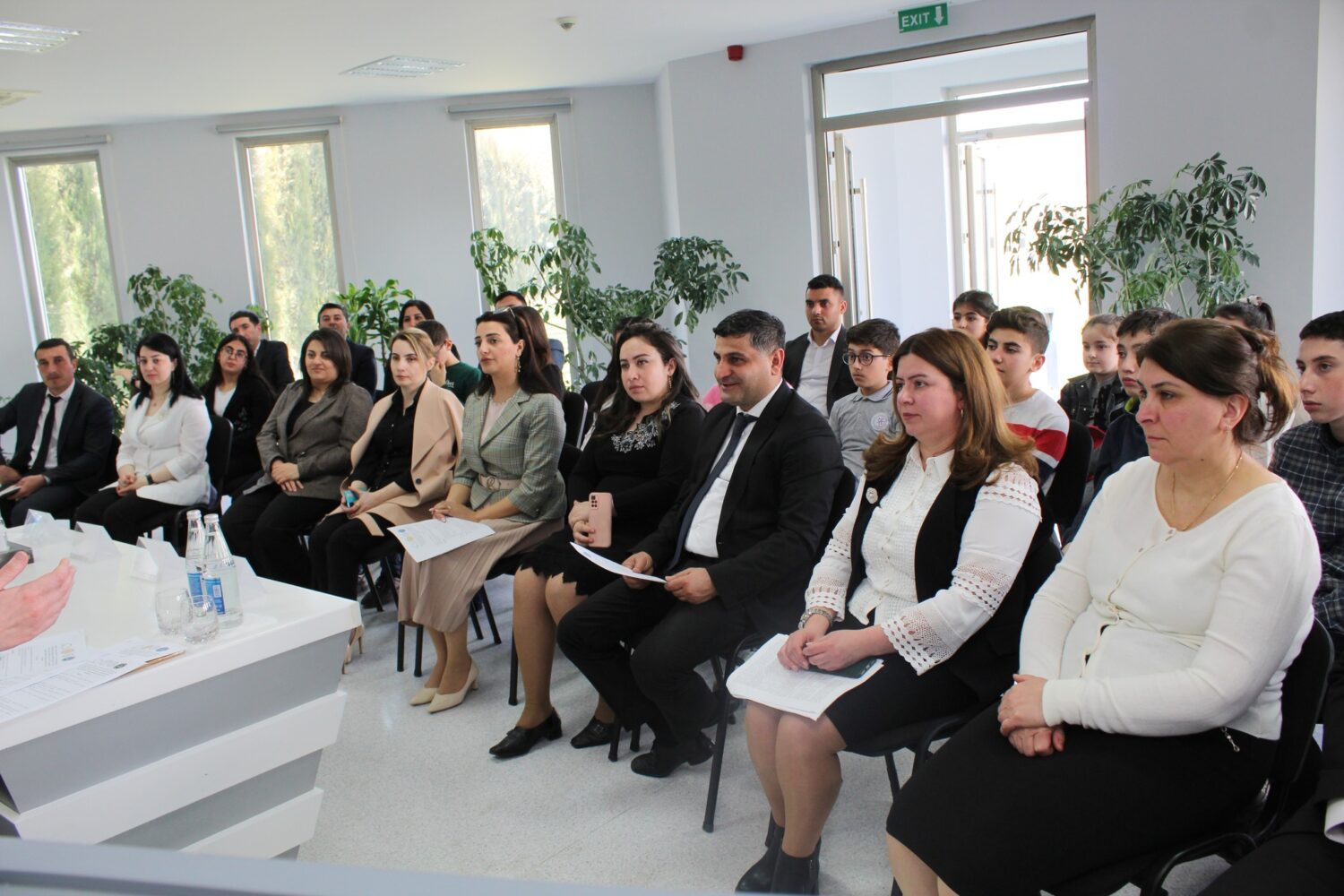
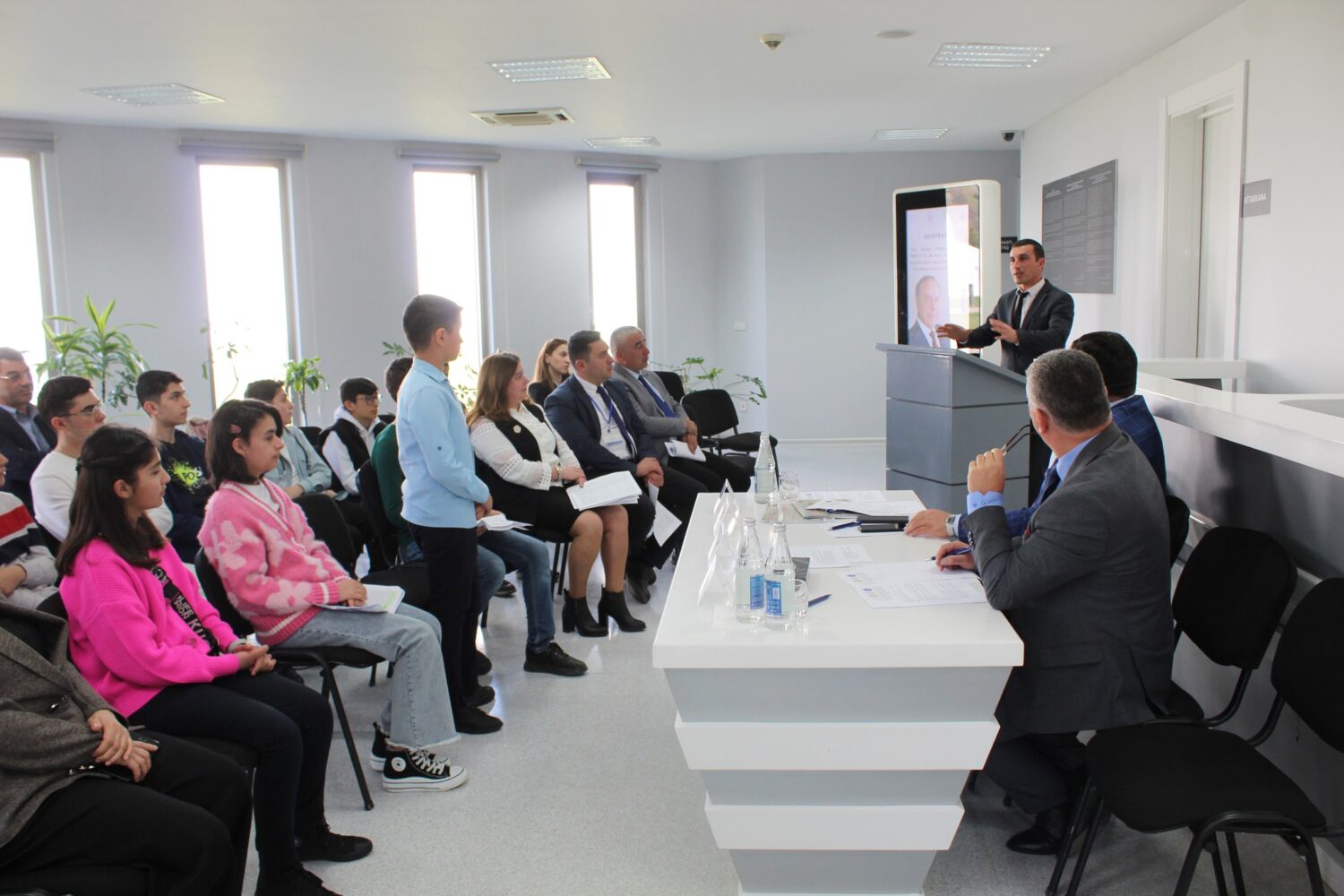
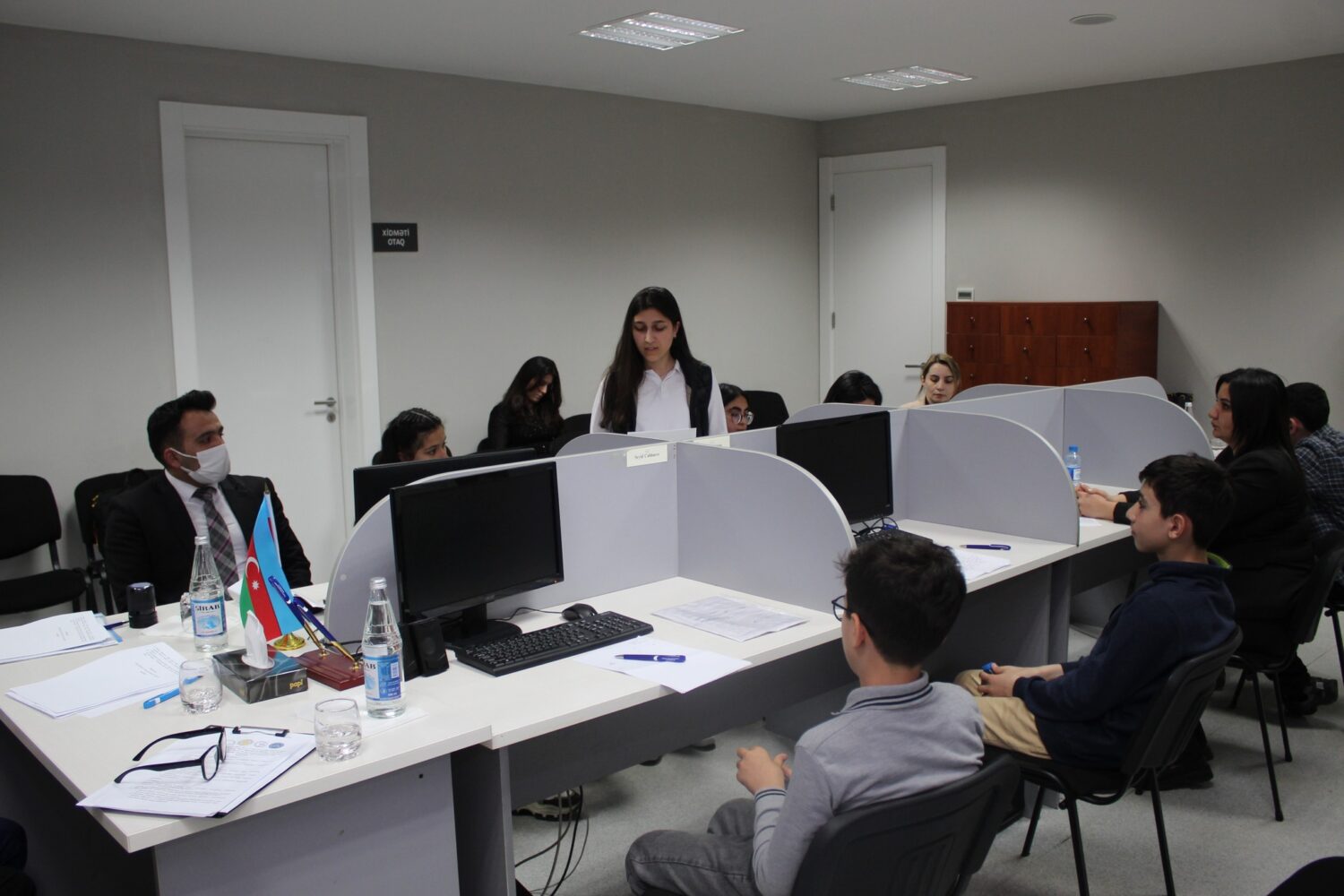

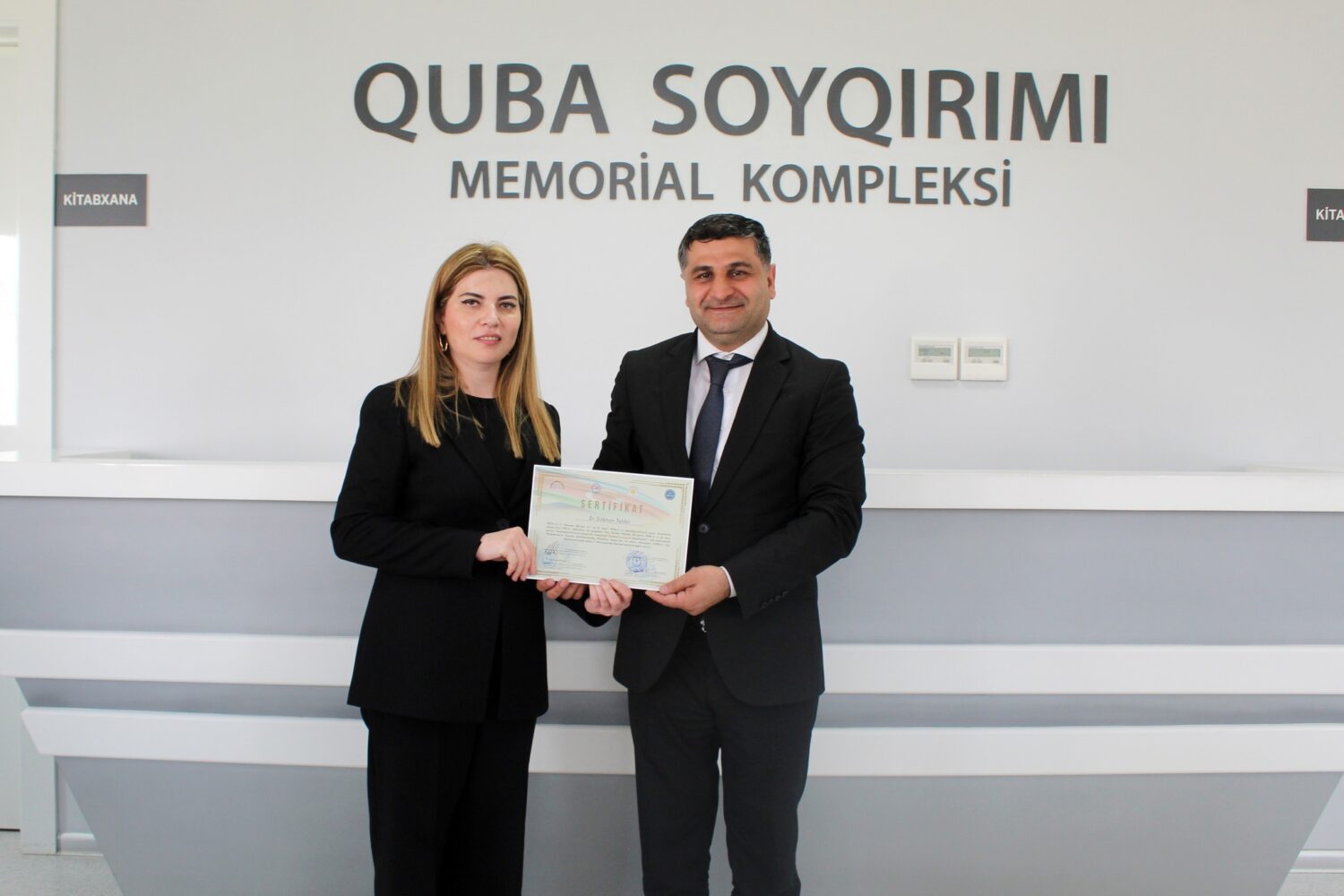
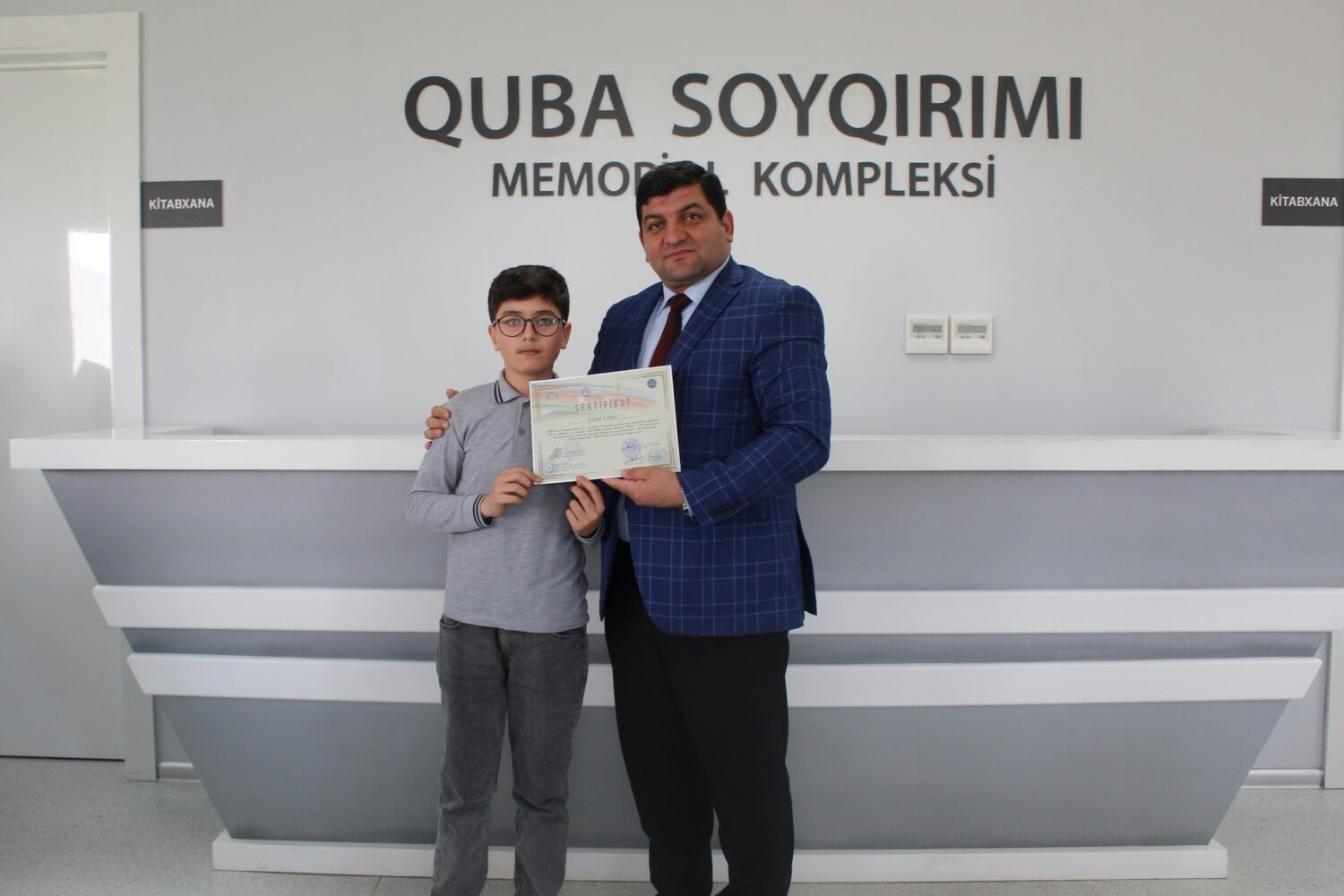
The conference was jointly organized by the “Genocide Memorial Complex”, the Guba branch of the Azerbaijan Pedagogical University, the Republican Gymnasium of Humanities named after S.C. Peshavari and the Guba High School of Physics, Mathematics and Informatics. Before the event, the participants visited the March 31 Genocide Monument and got acquainted with the “Museum” section of the Complex. At the Conference, which began with the singing of the National Anthem of the Republic of Azerbaijan, the participants commemorated the memory of the late National Leader Heydar Aliyev and the martyrs with a minute of silence. Dr. Rakhshanda Bayramova, the director of the Memorial Complex, inaugurated the event by speaking about the unparalleled services rendered by national leader Heydar Aliyev in the development of the Azerbaijani people and in conveying its historical truths to the world community. Later, Yusif Aliyev, the rector of the Guba branch of the Azerbaijan Pedagogical University, associate professor, the doctor of physics sciences Ilgar Talibov, the director of the S.C. Peshavari Republican Gymnasium for Humanities, and Kamran Aliyev, the director of the Guba Physics, Mathematics, and Informatics Oriented Lyceum, spoke about the genocides committed against Azerbaijanis by Armenian usurpers during Heydar Aliyev’s rule. Certificates were presented to event participants at the end of the conference, where about 30 speakers made a speech.

